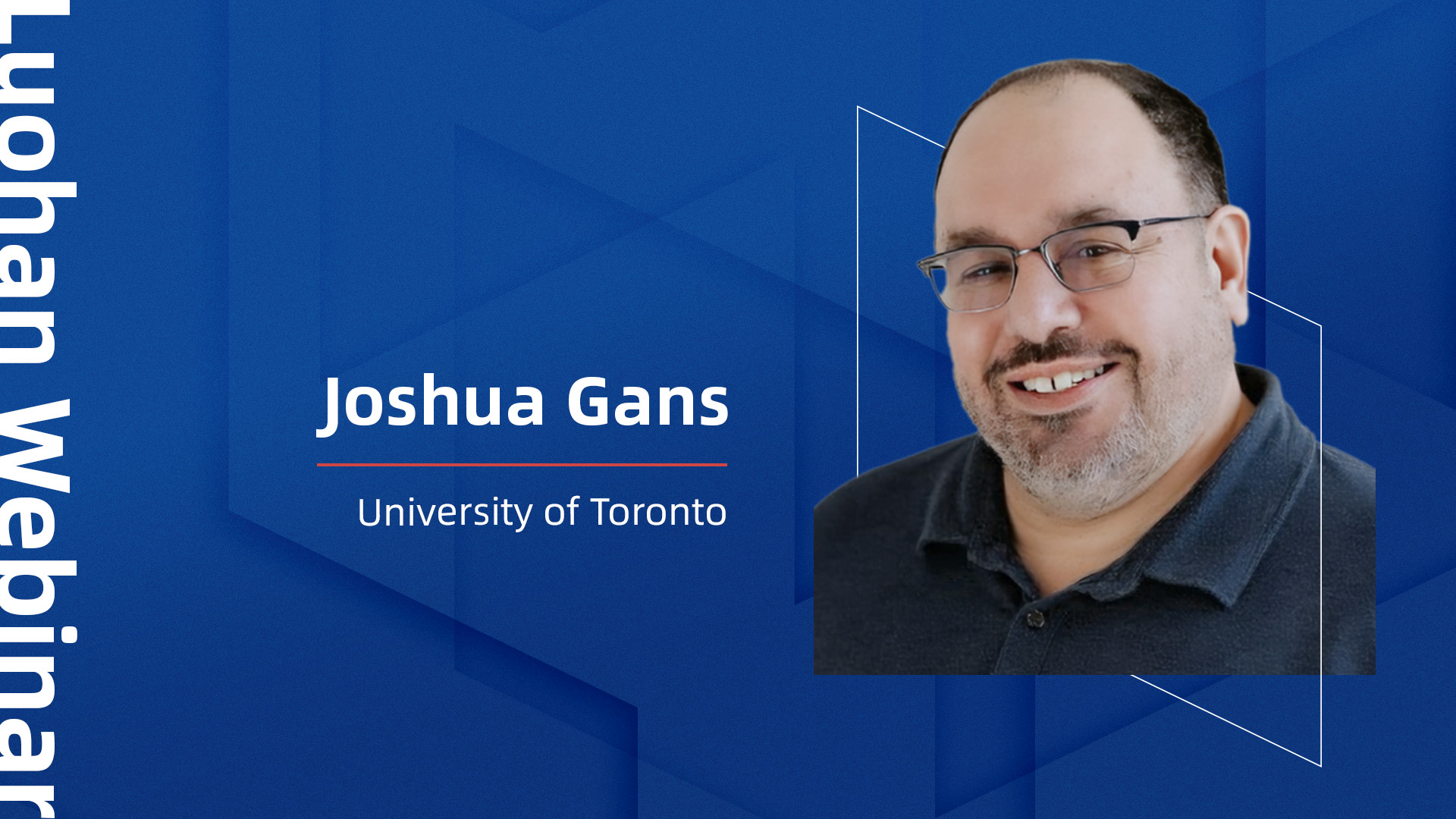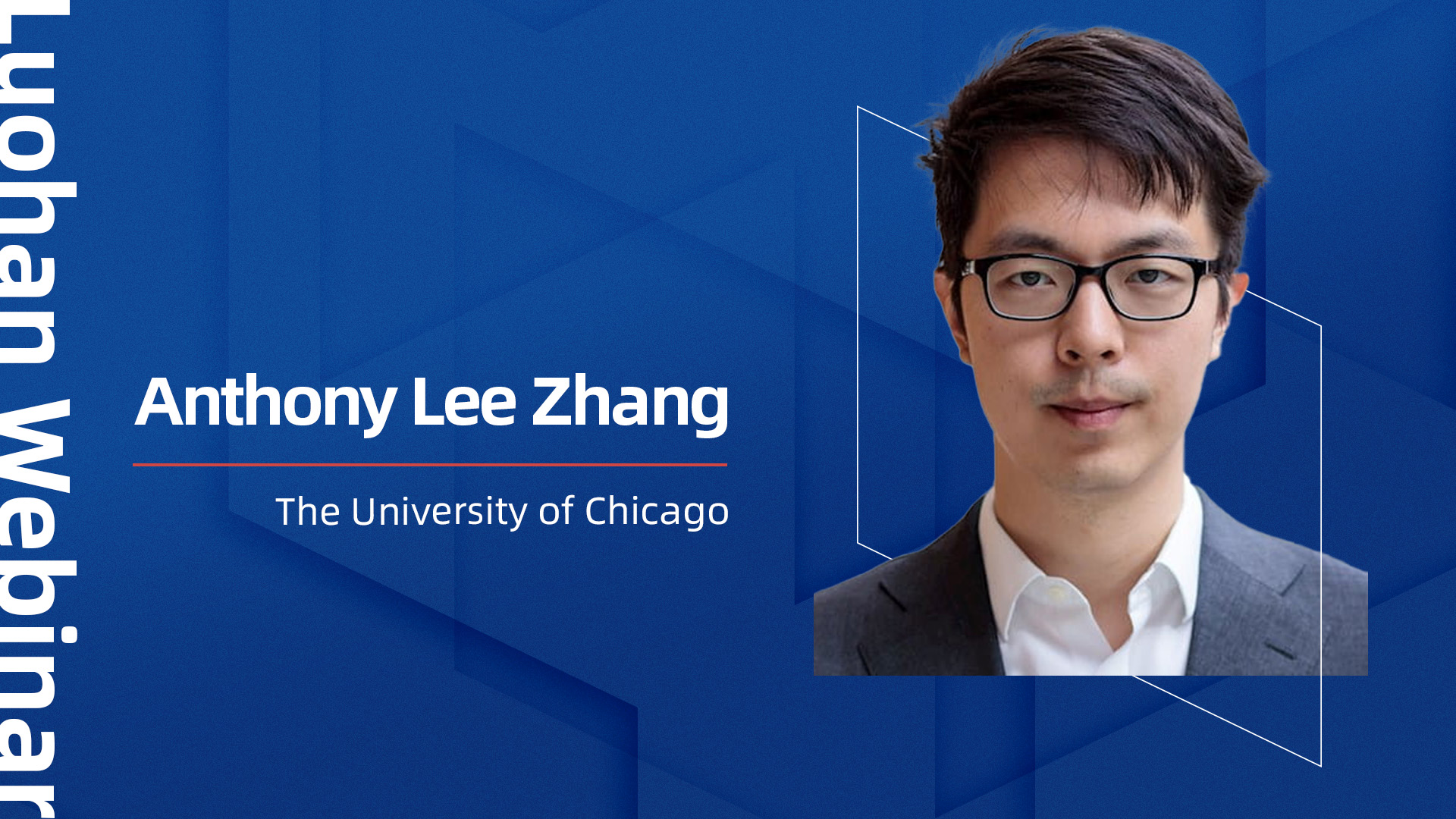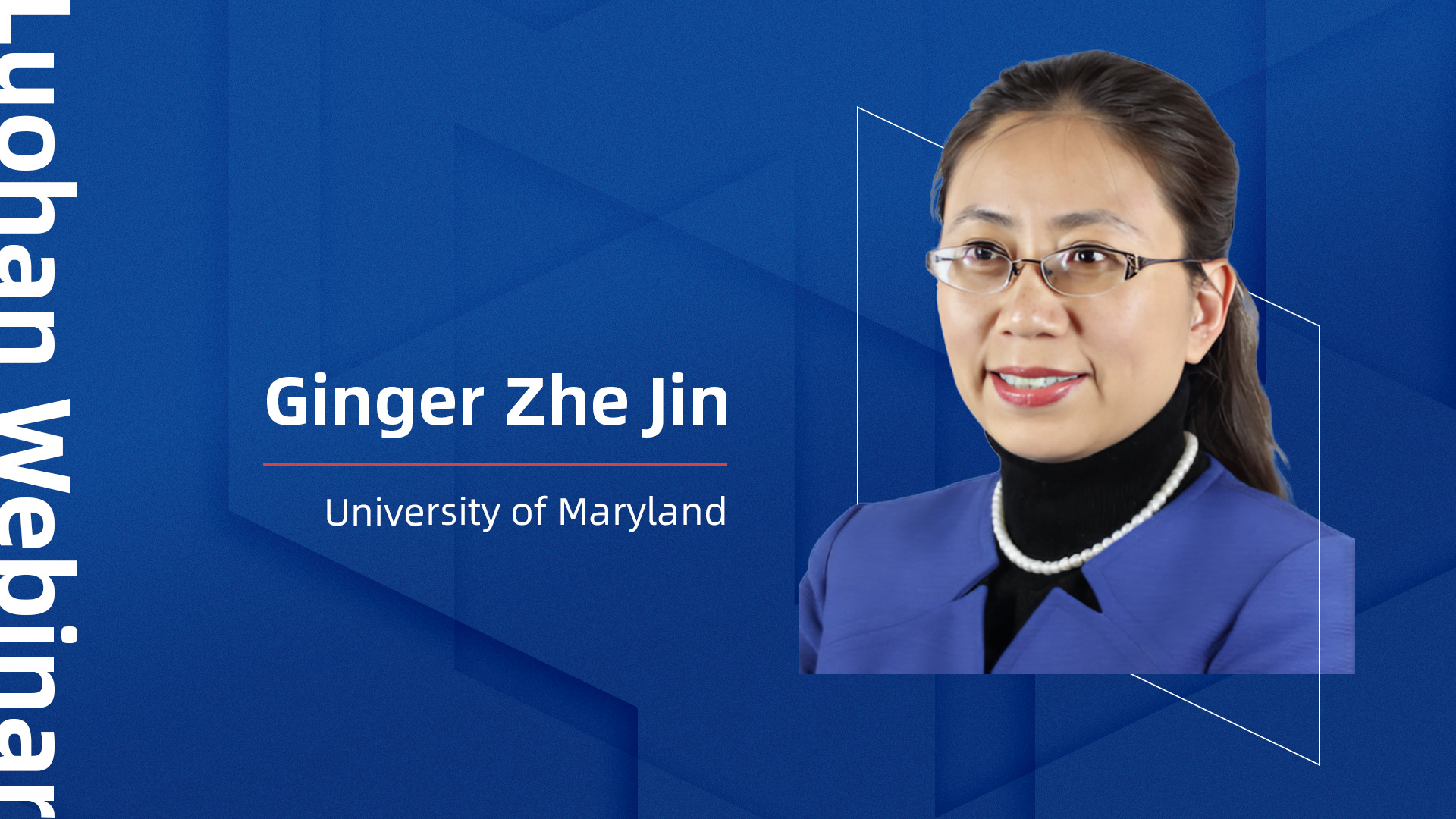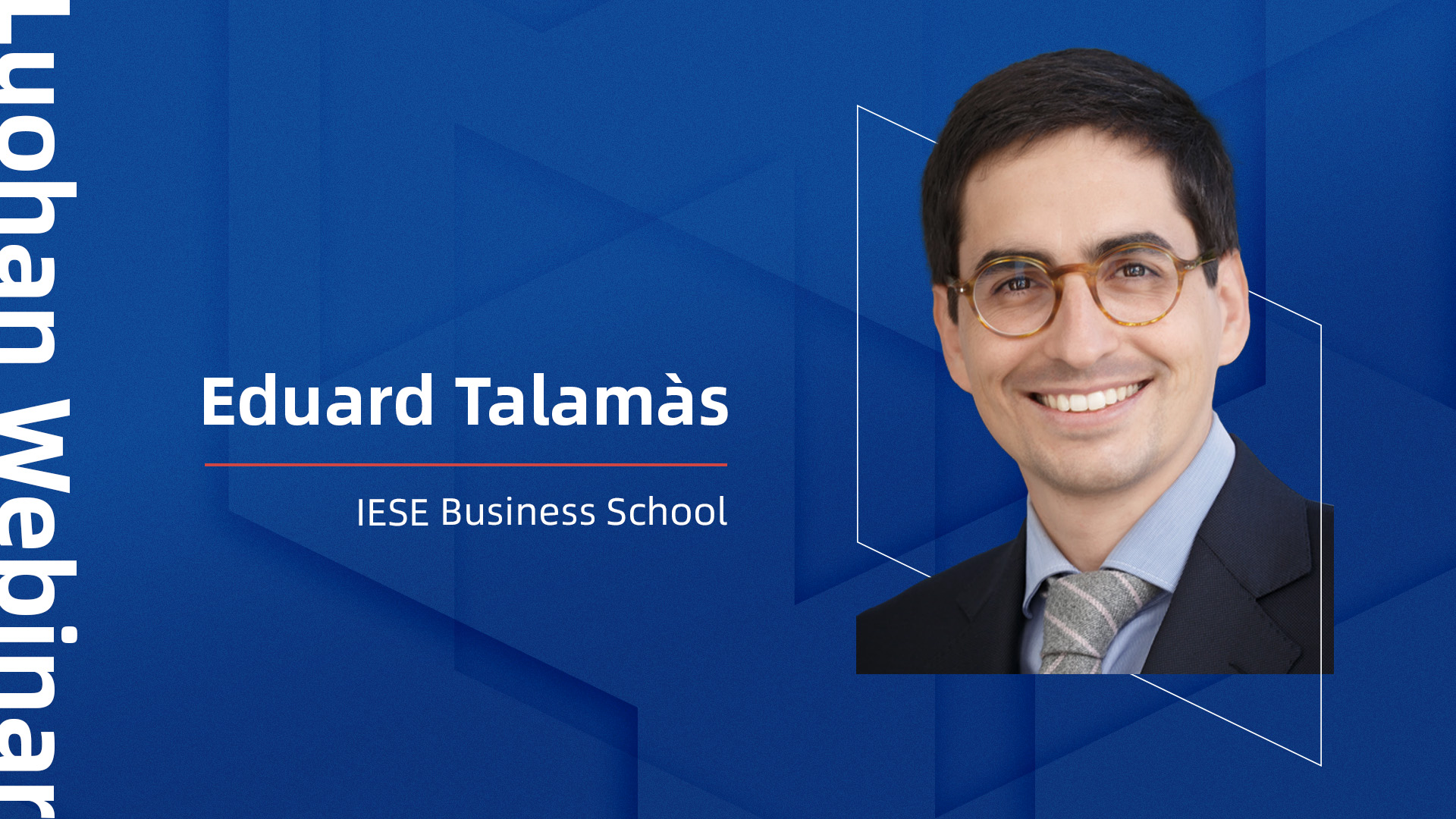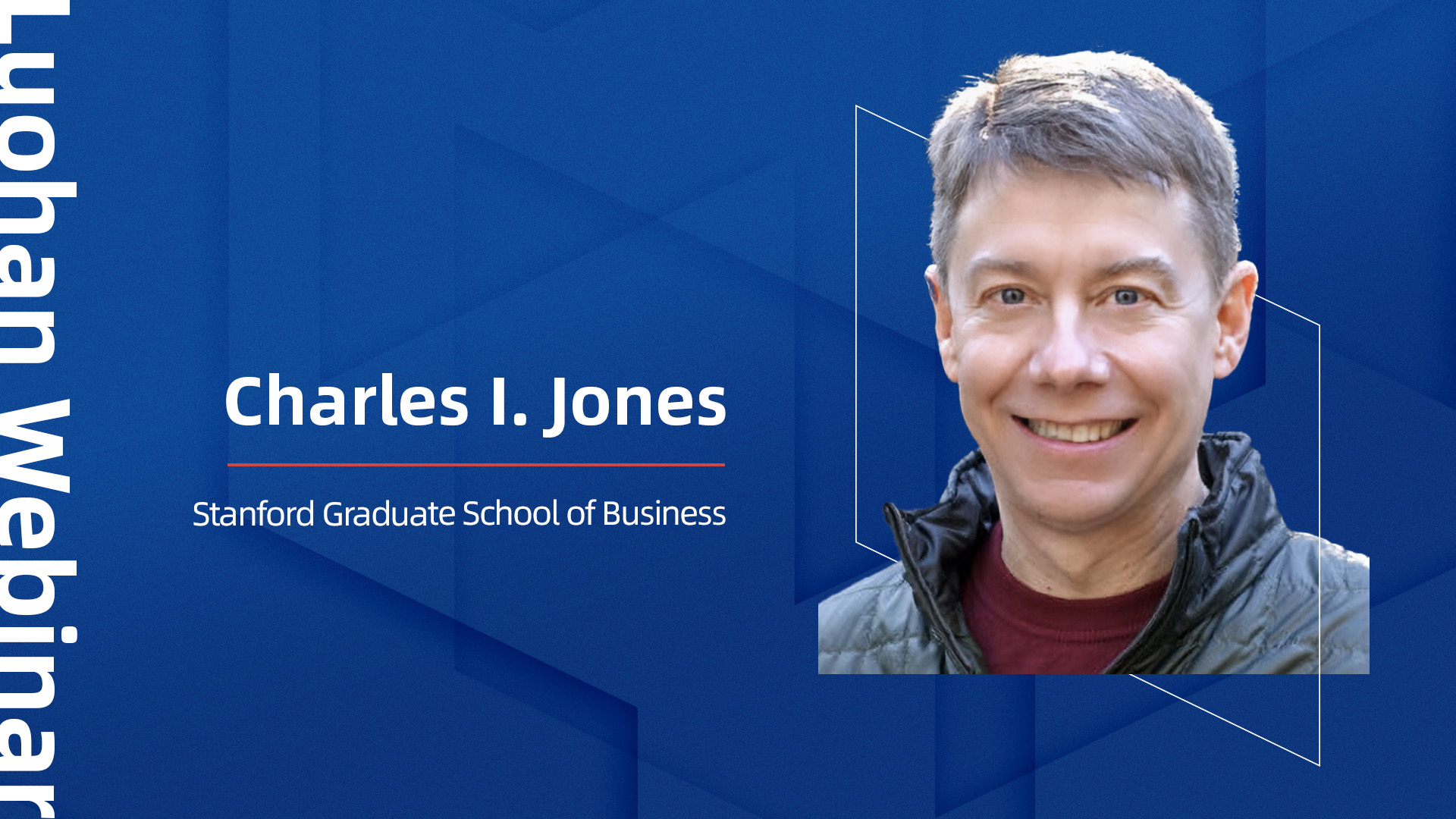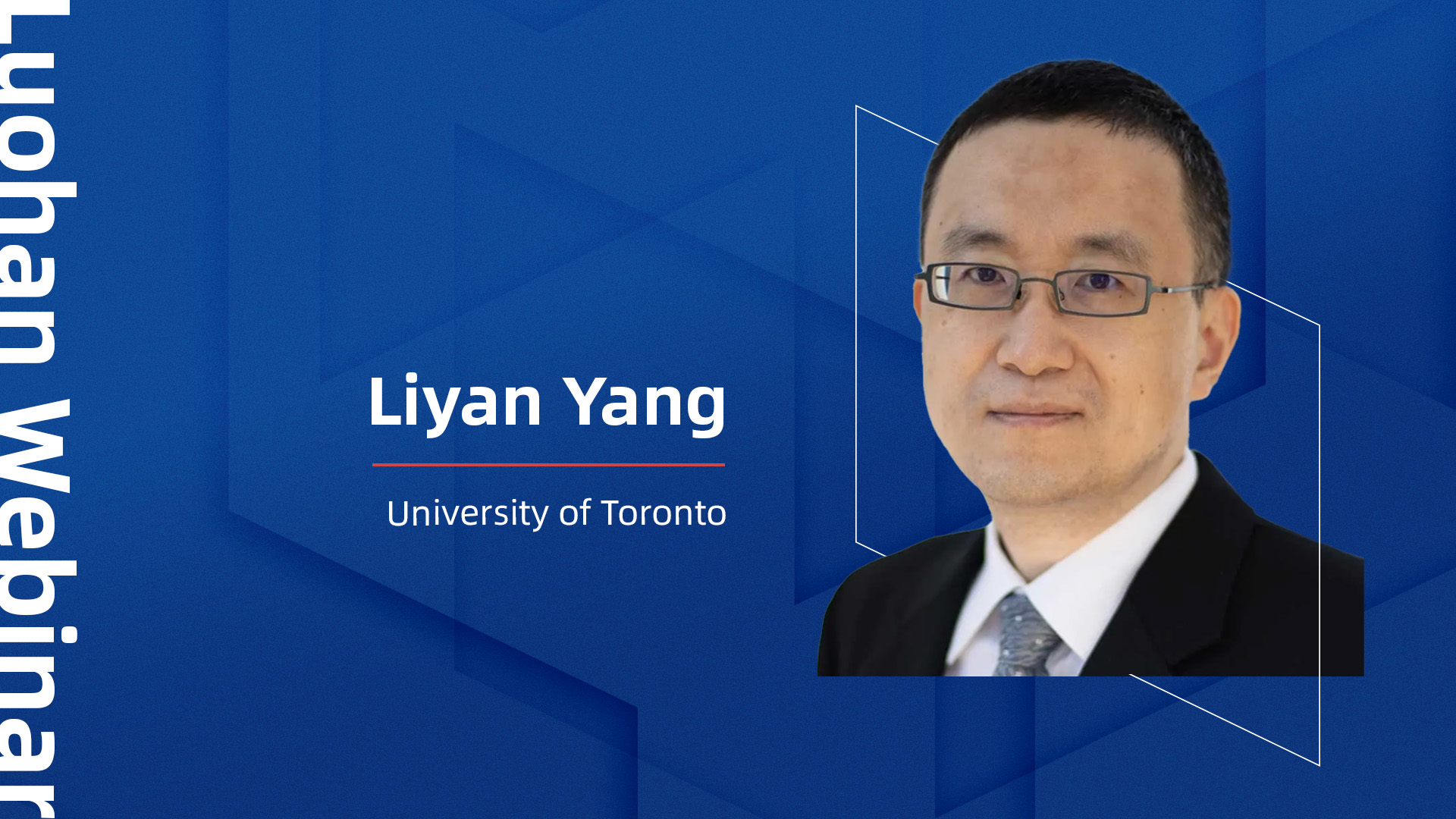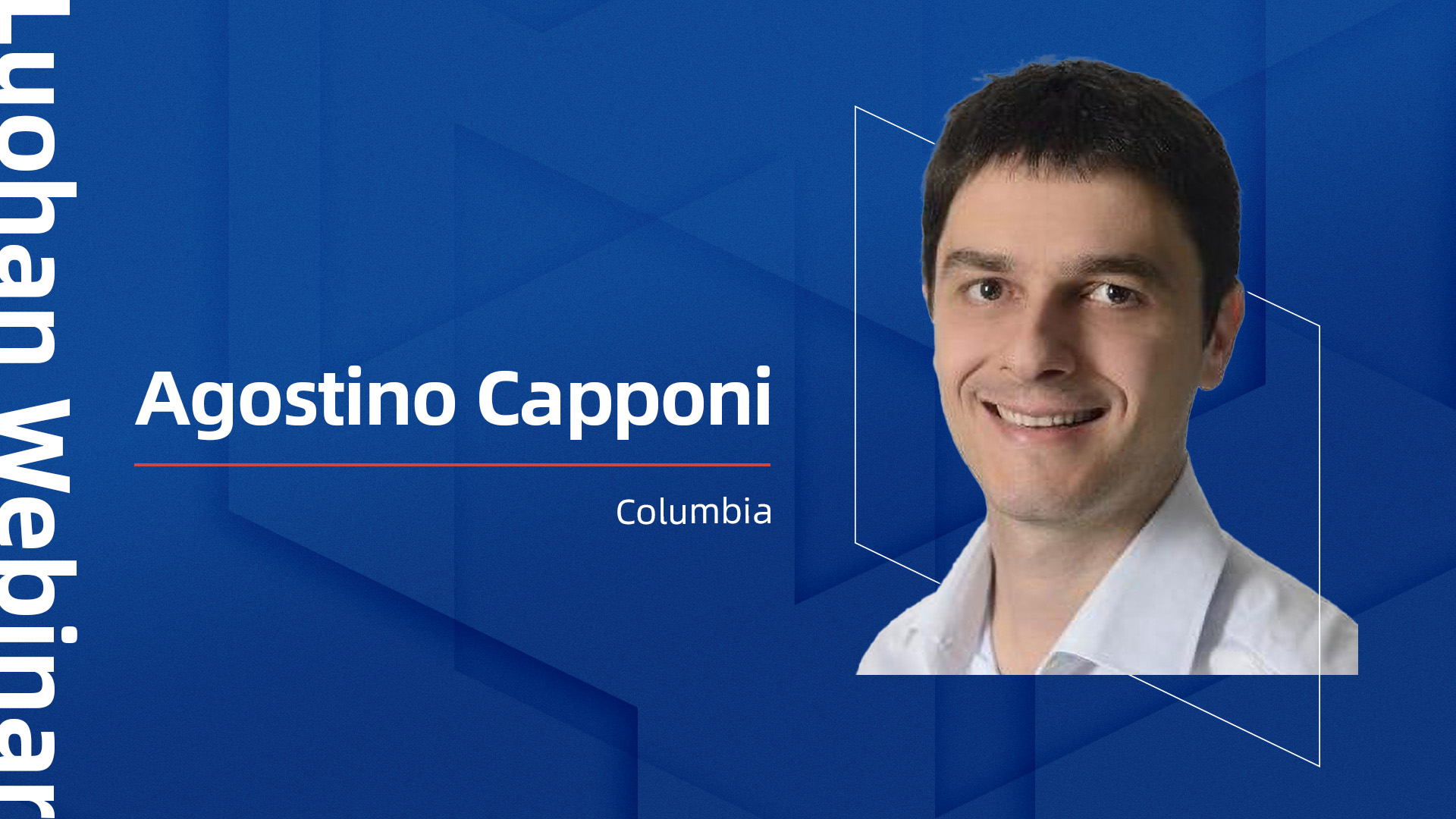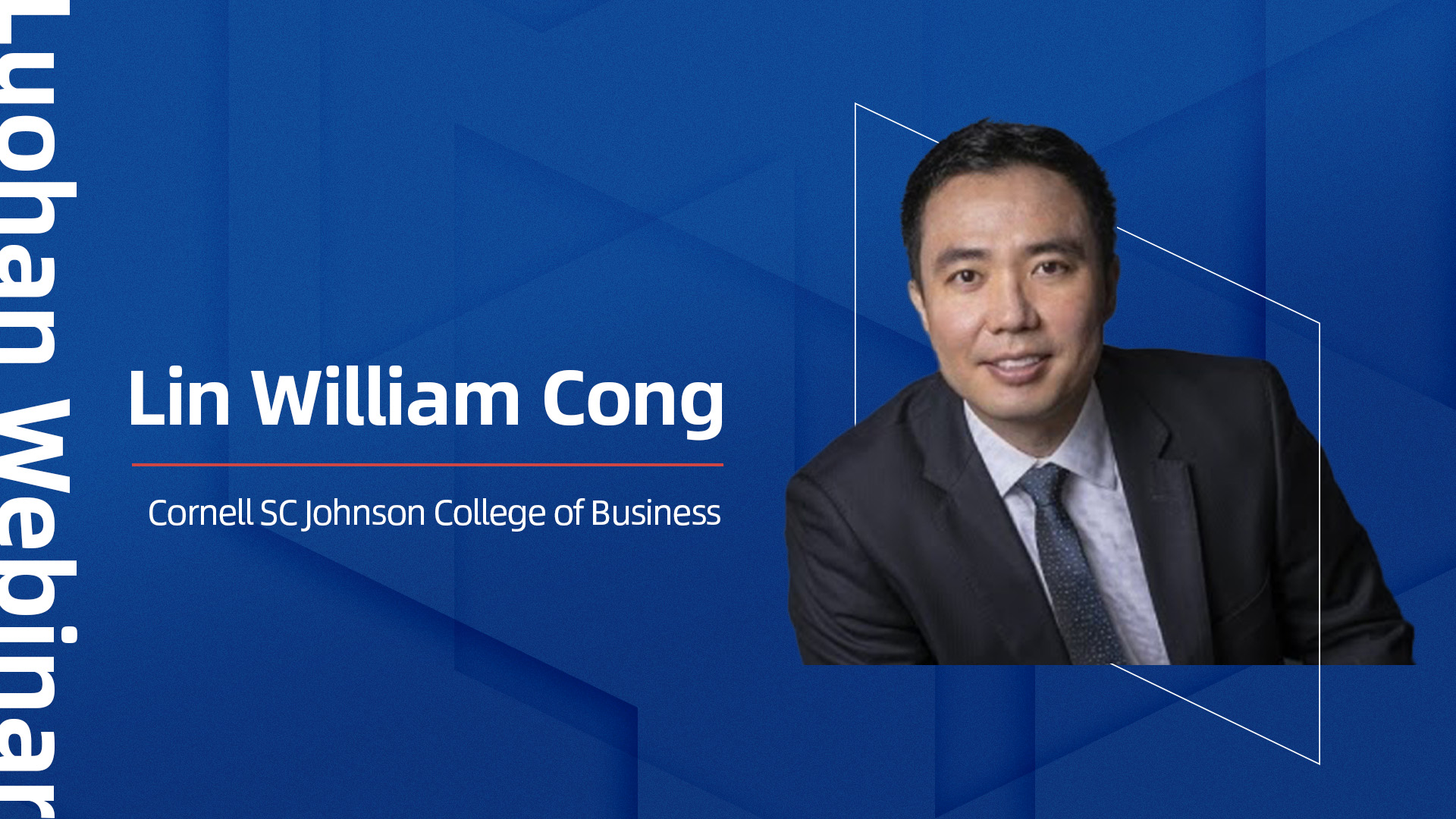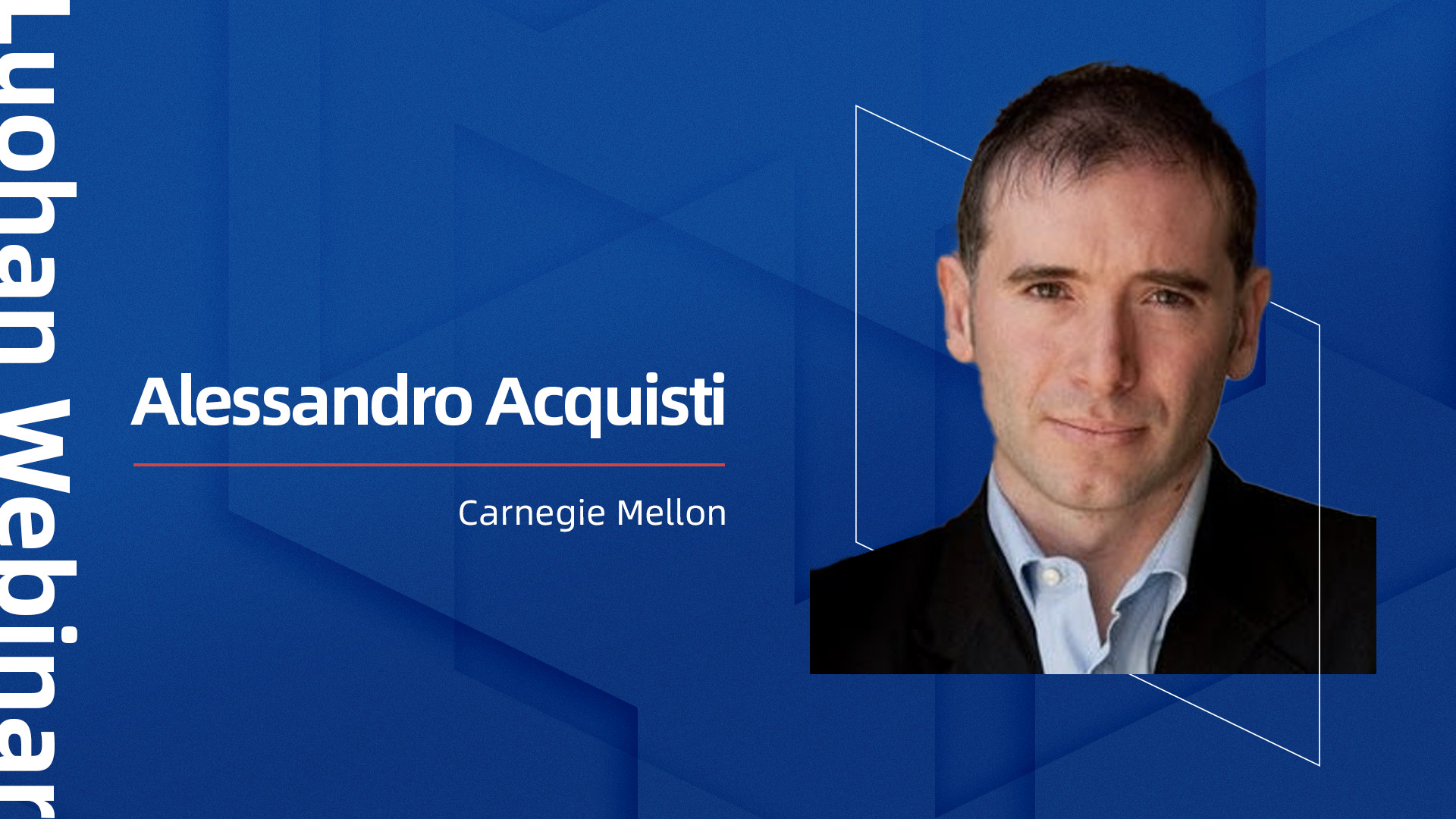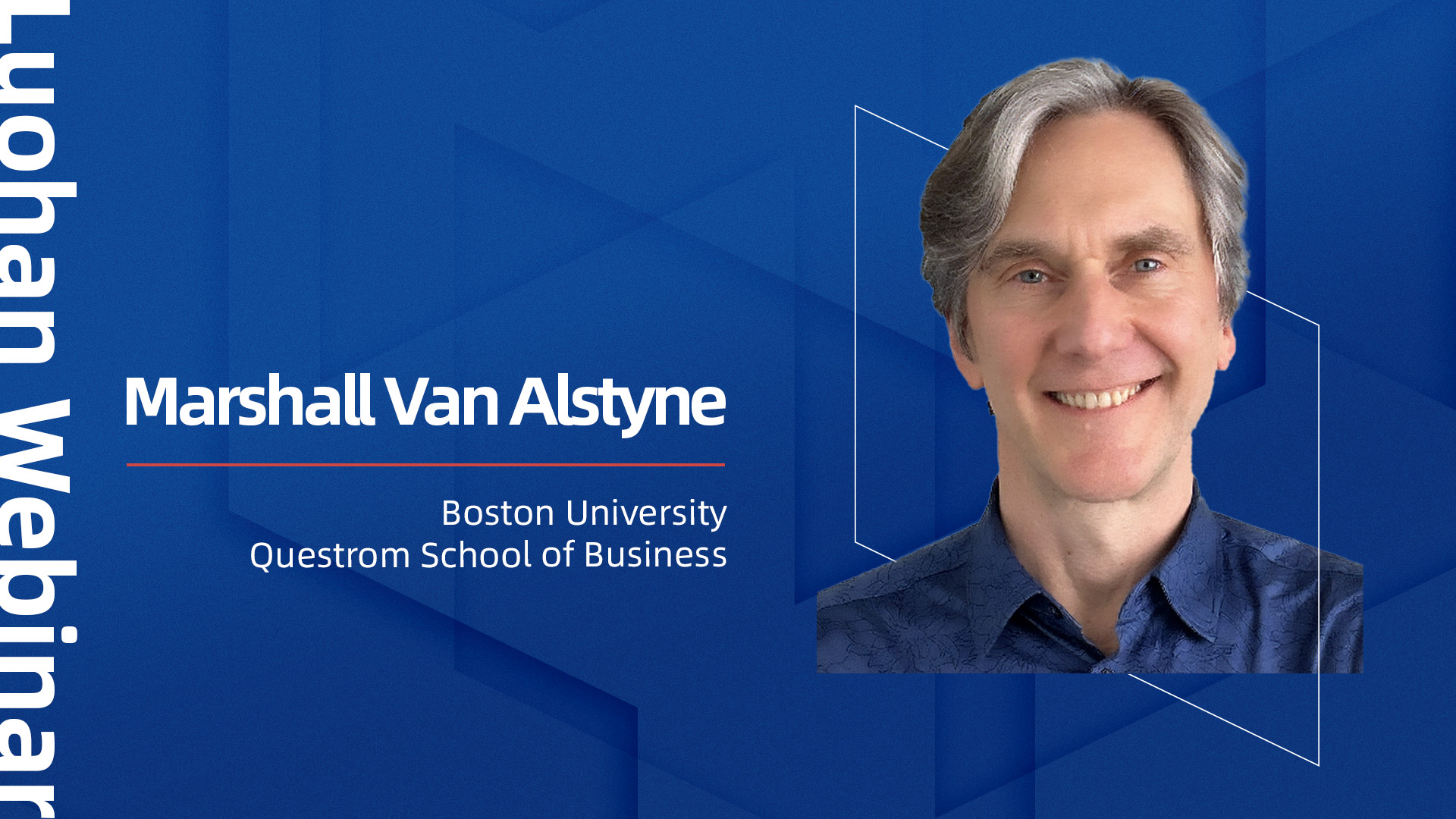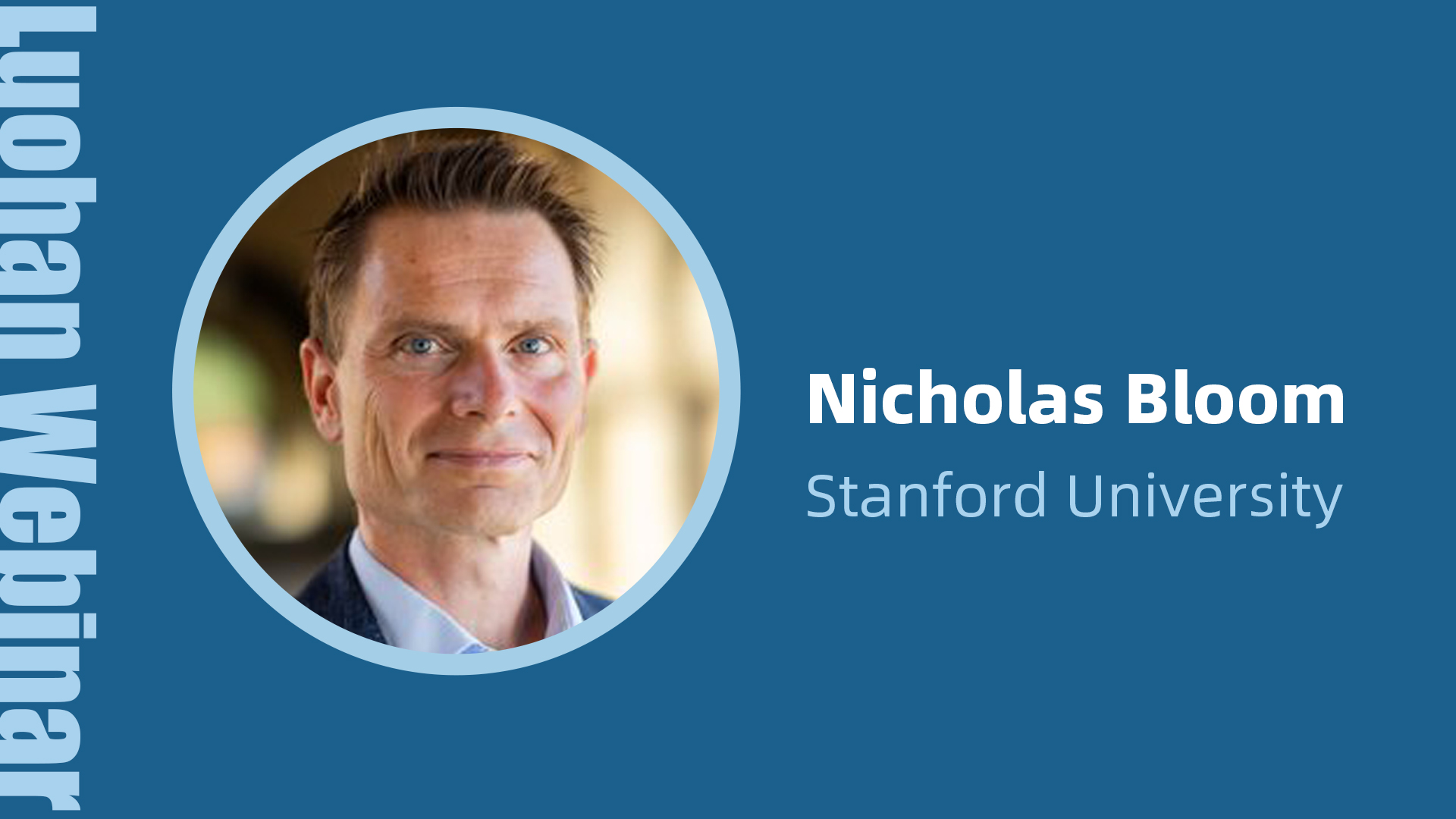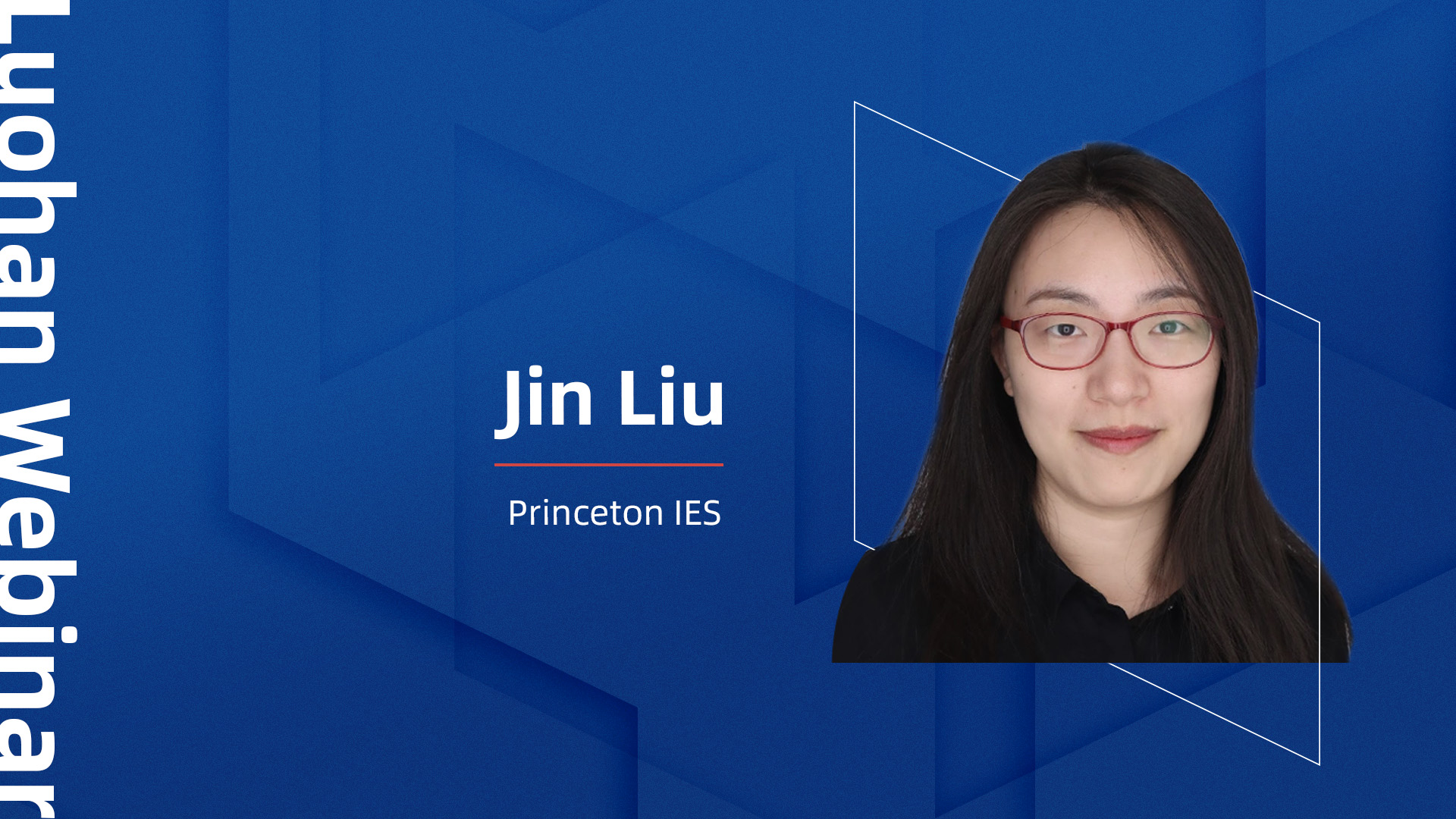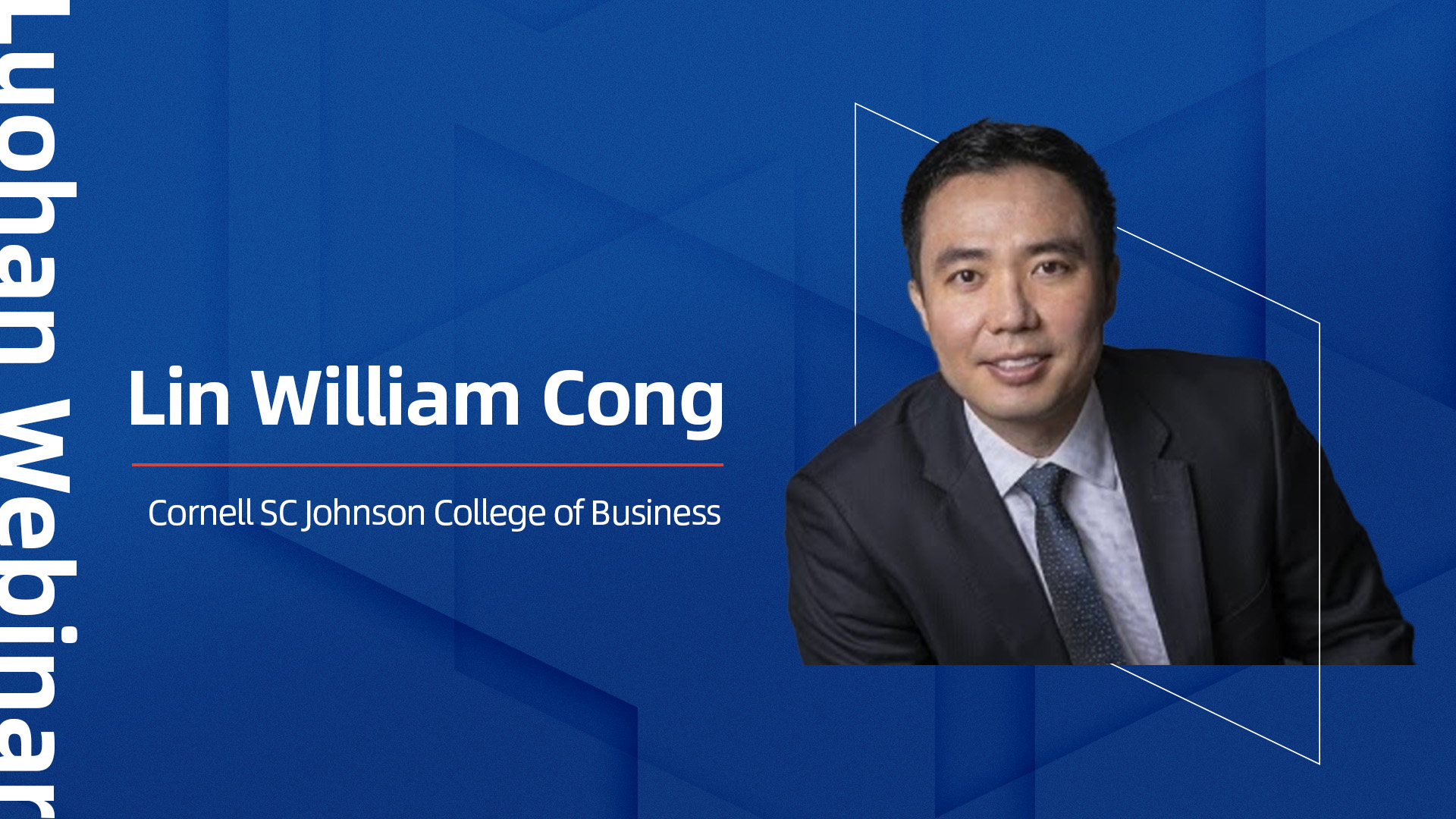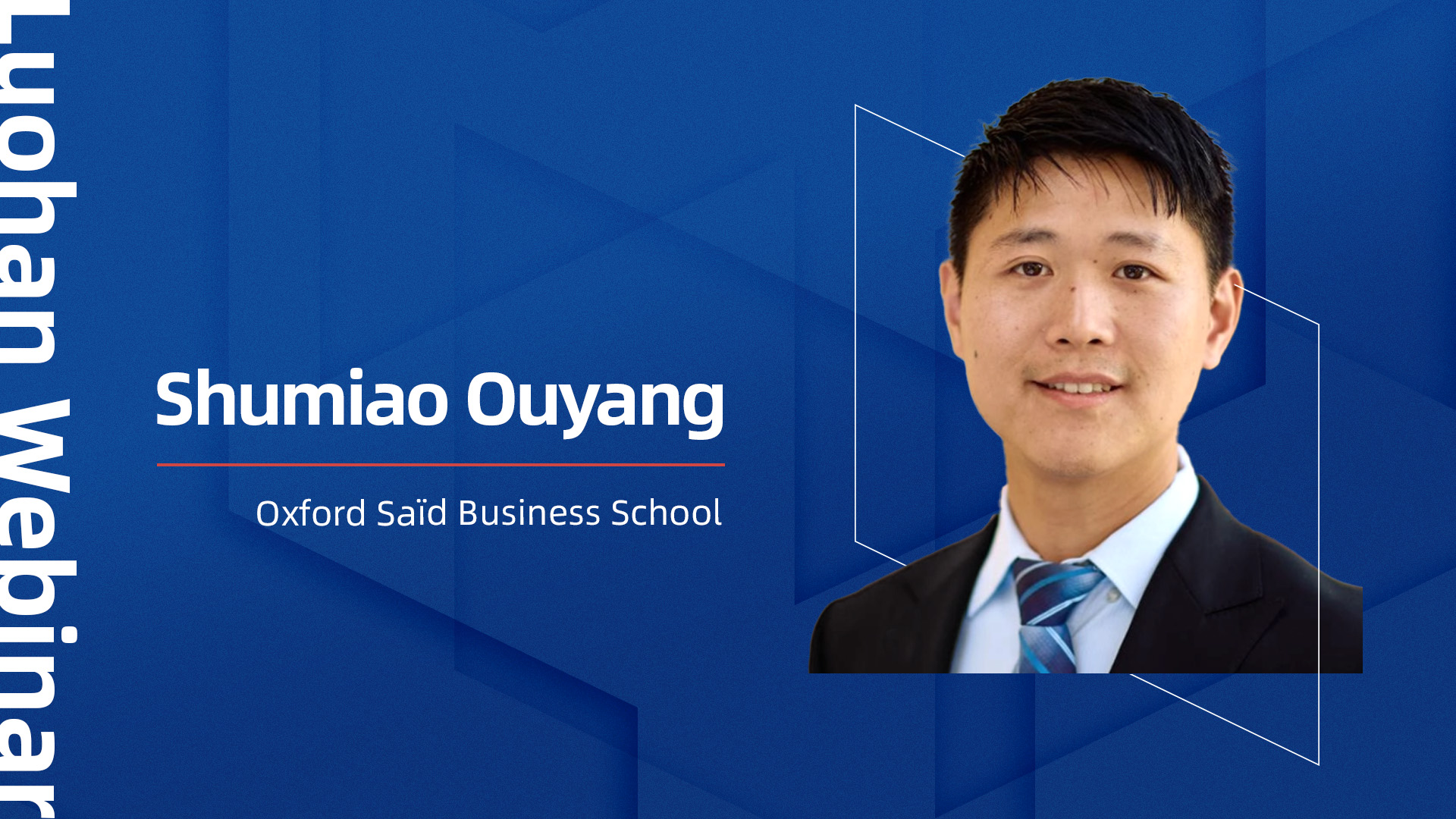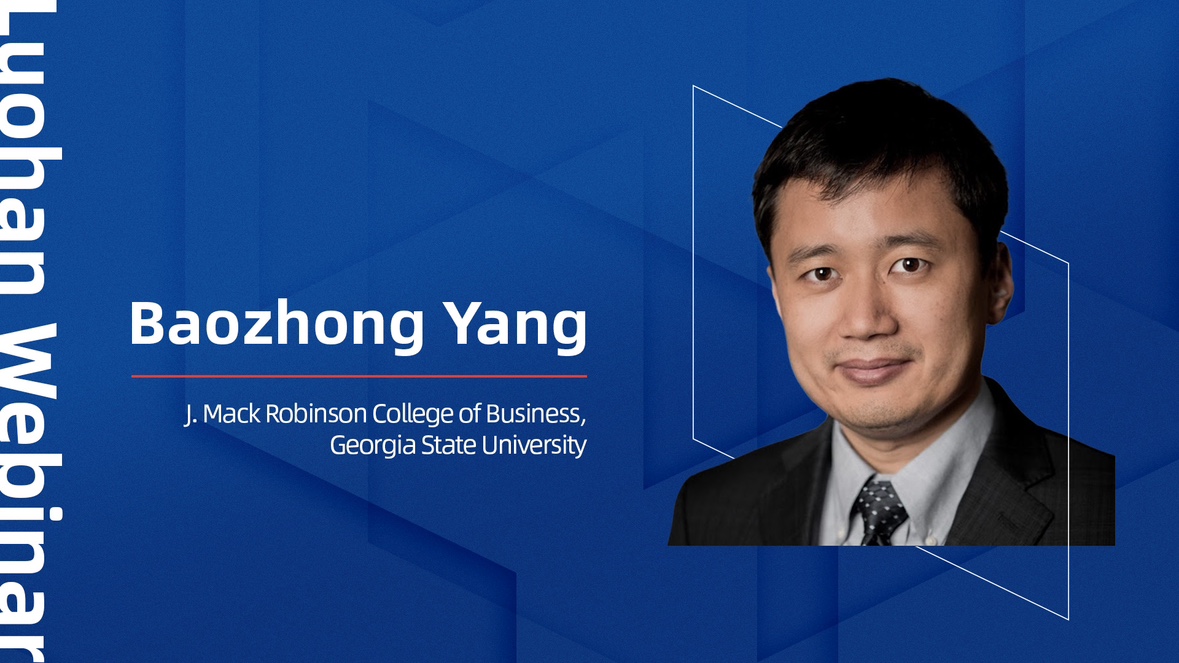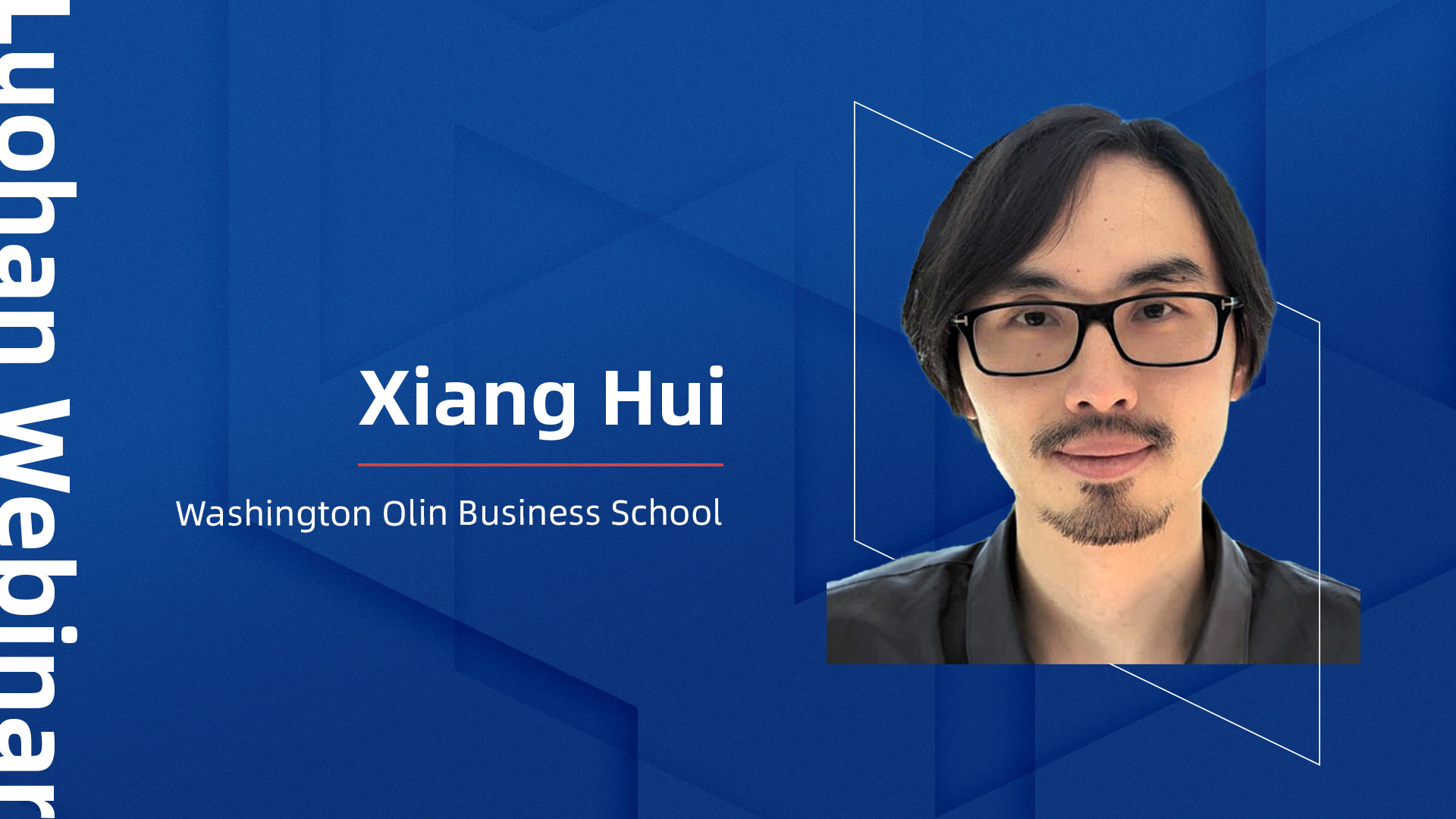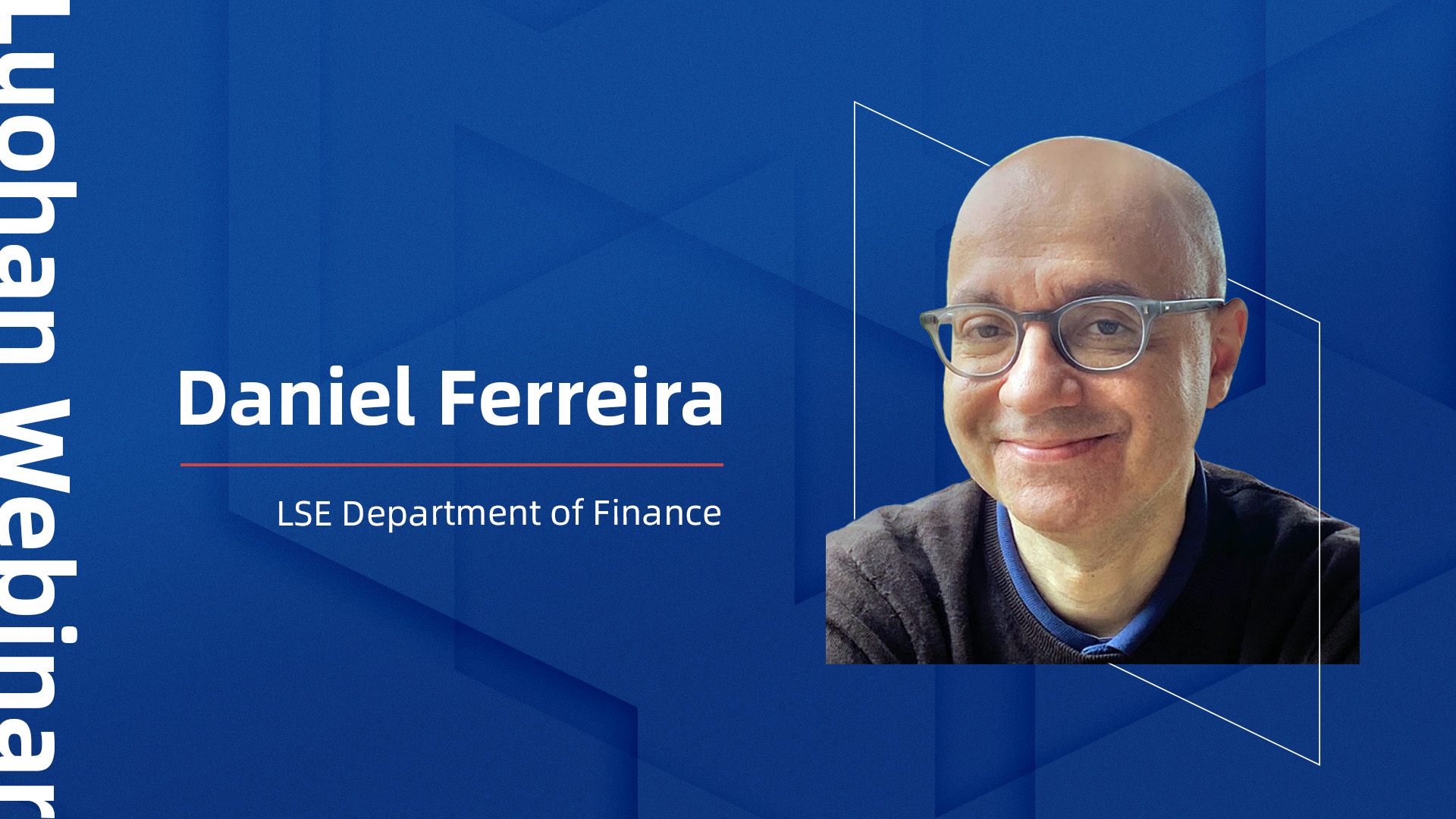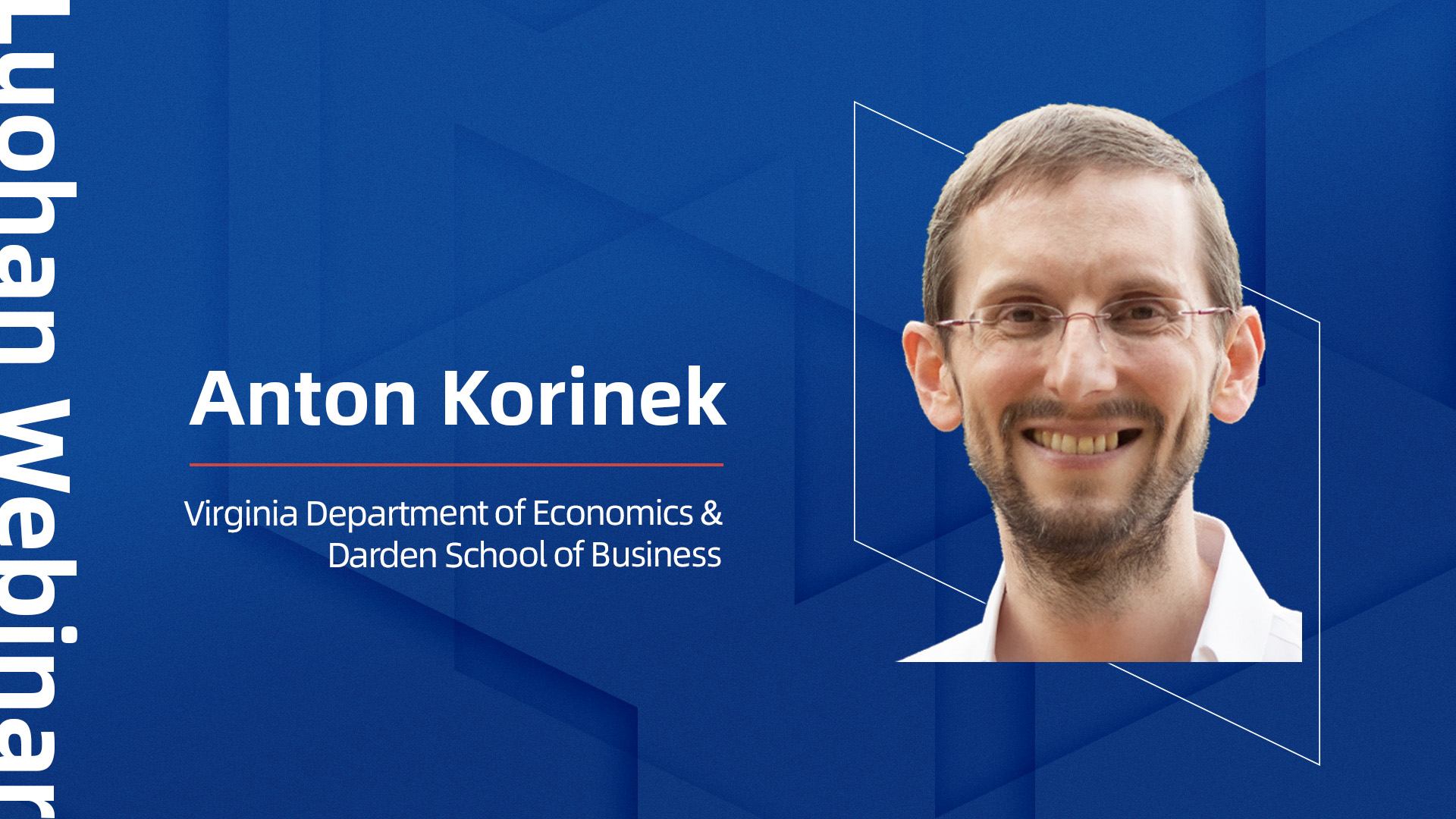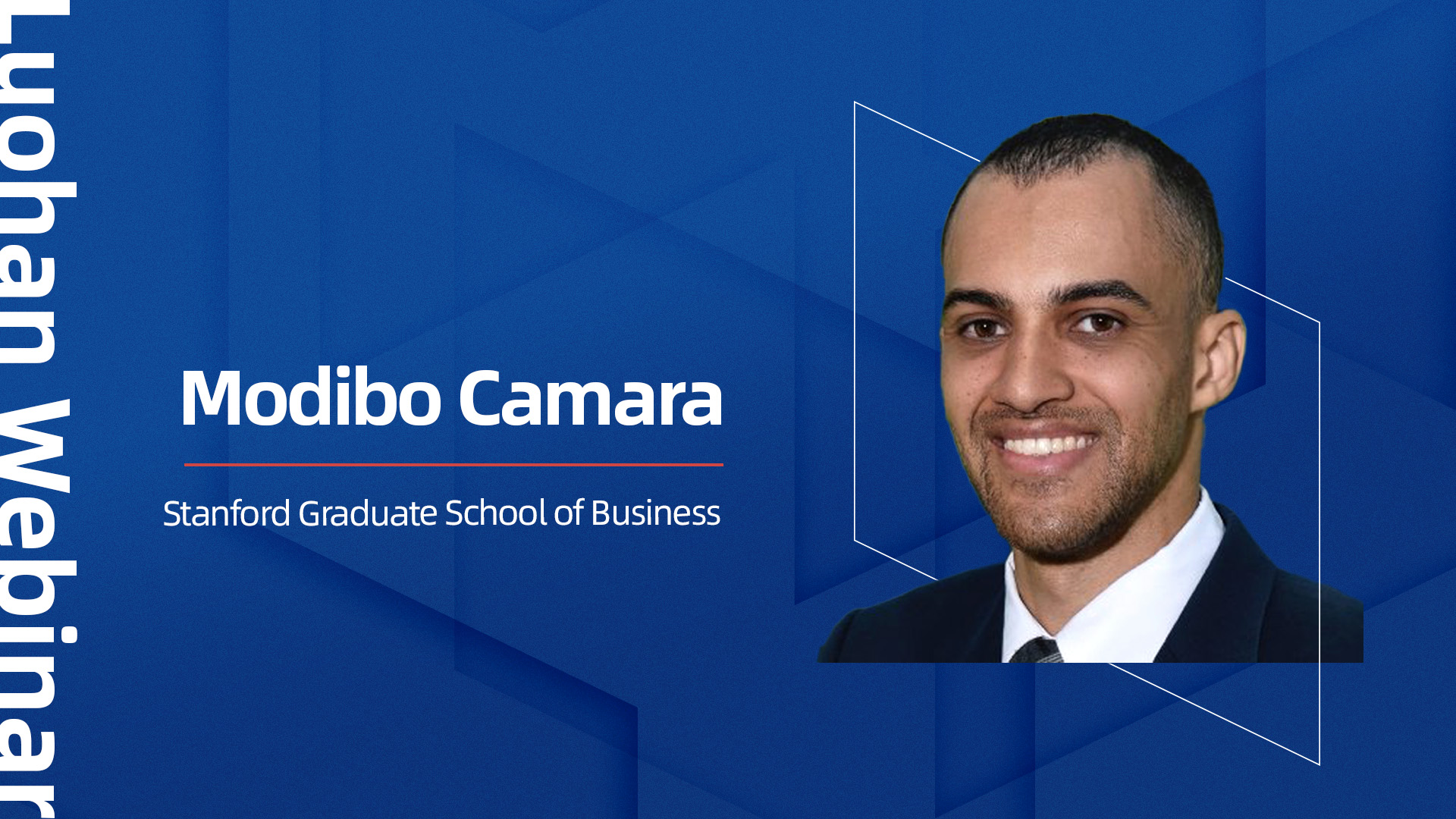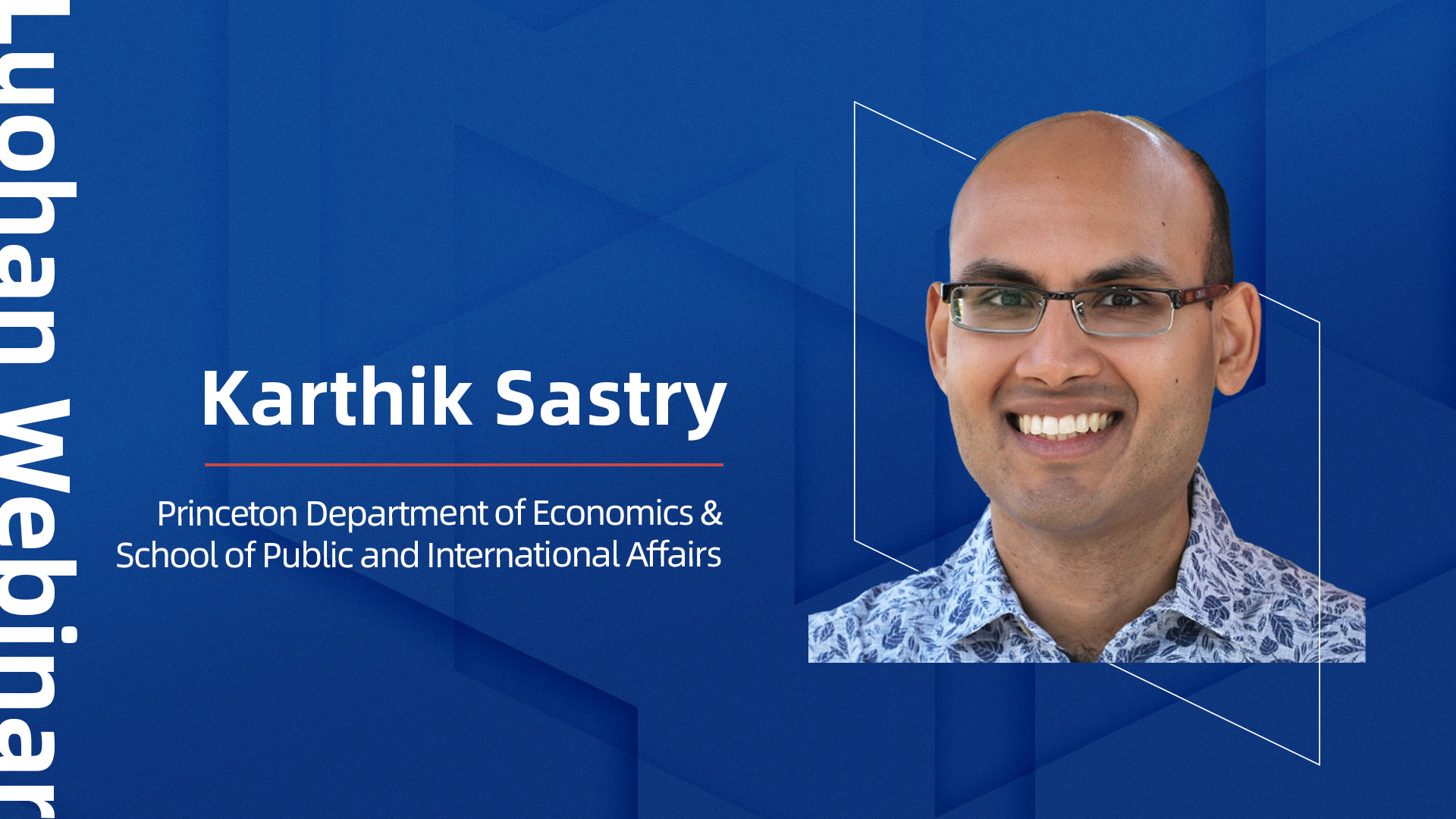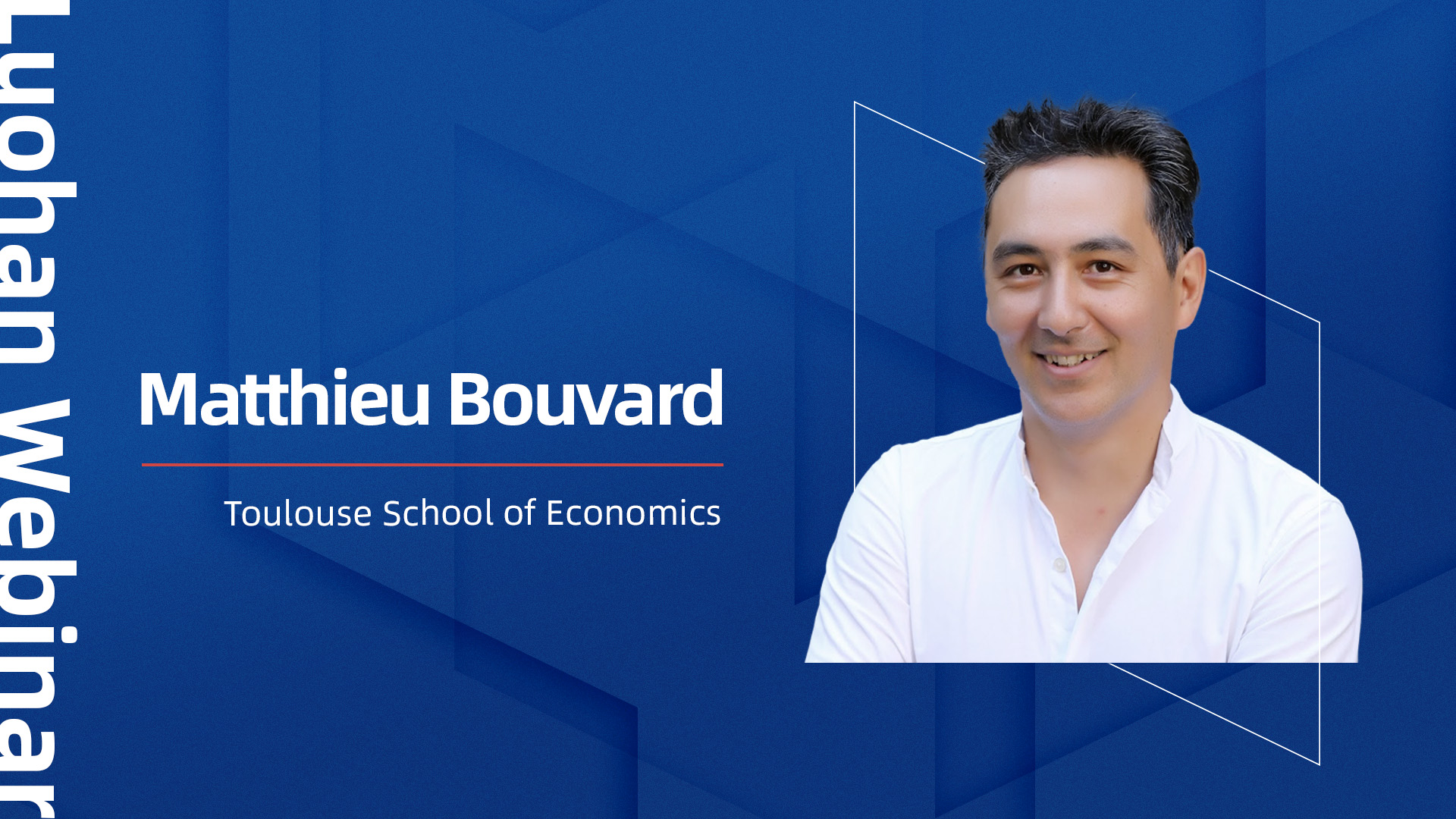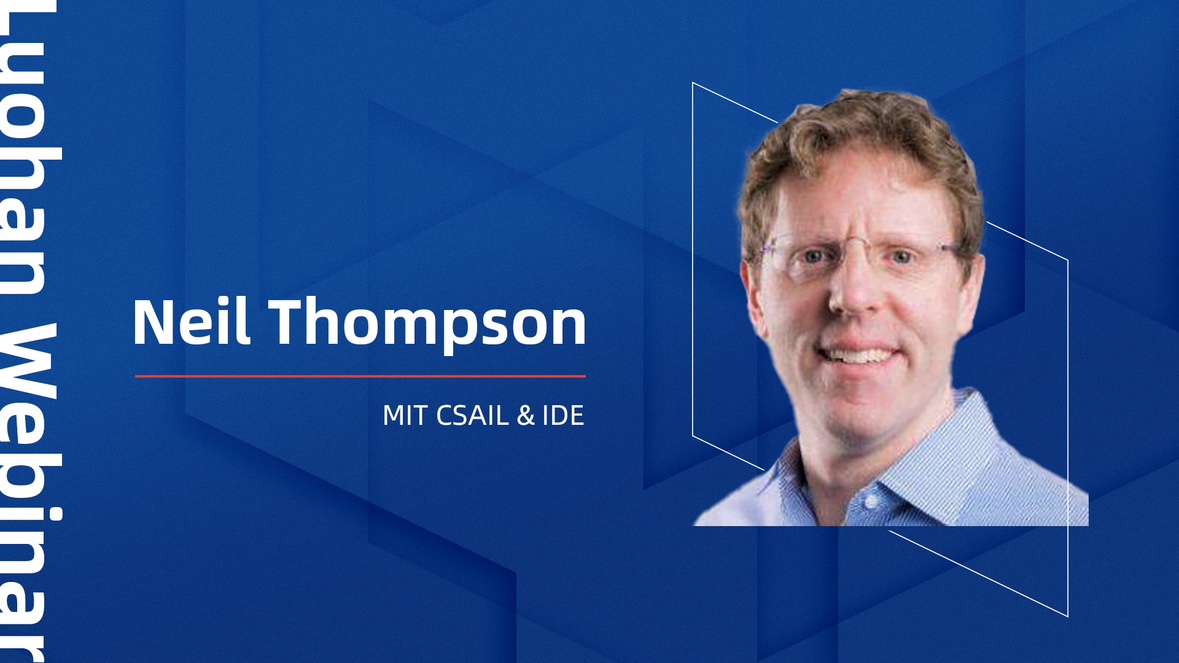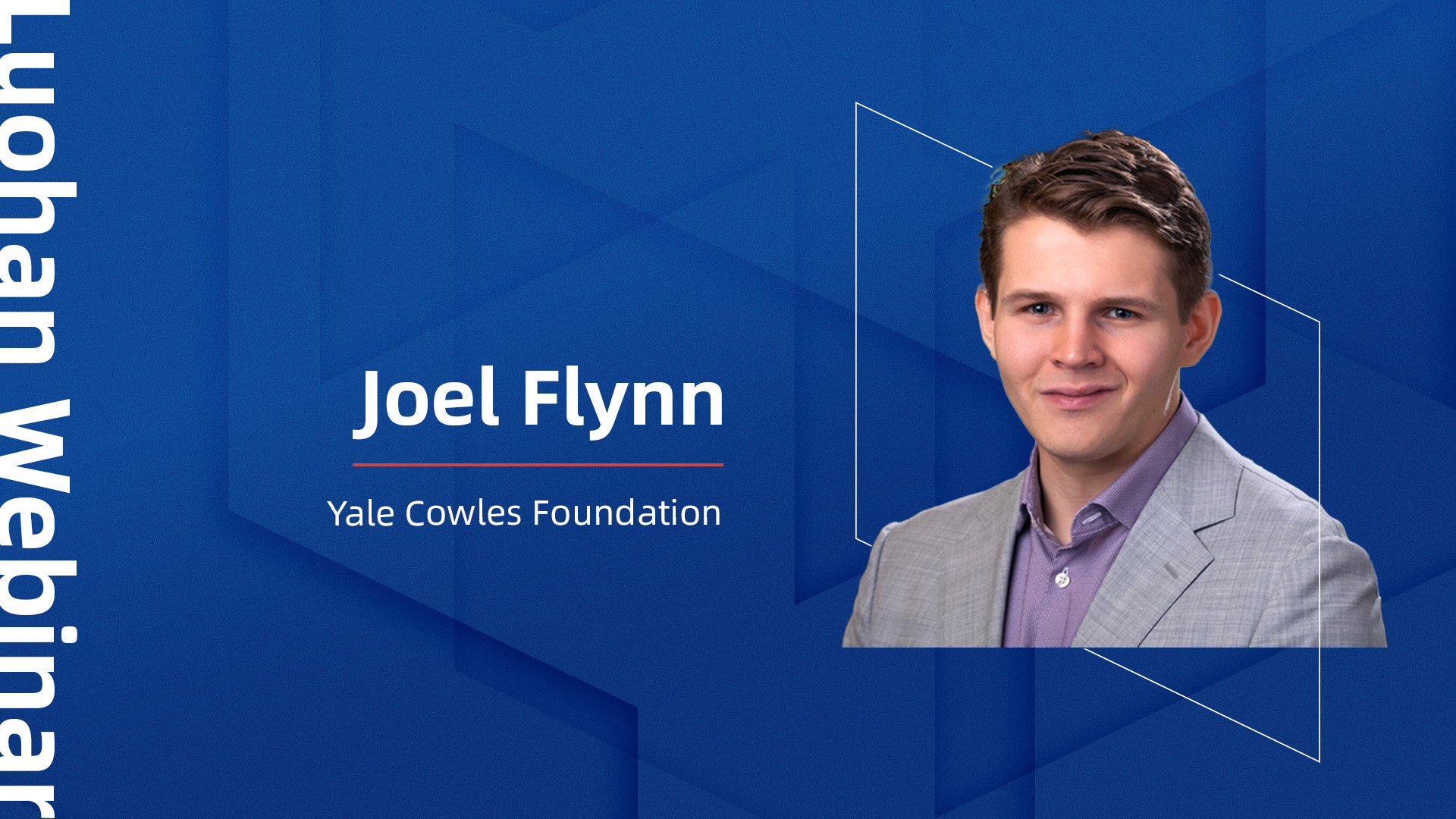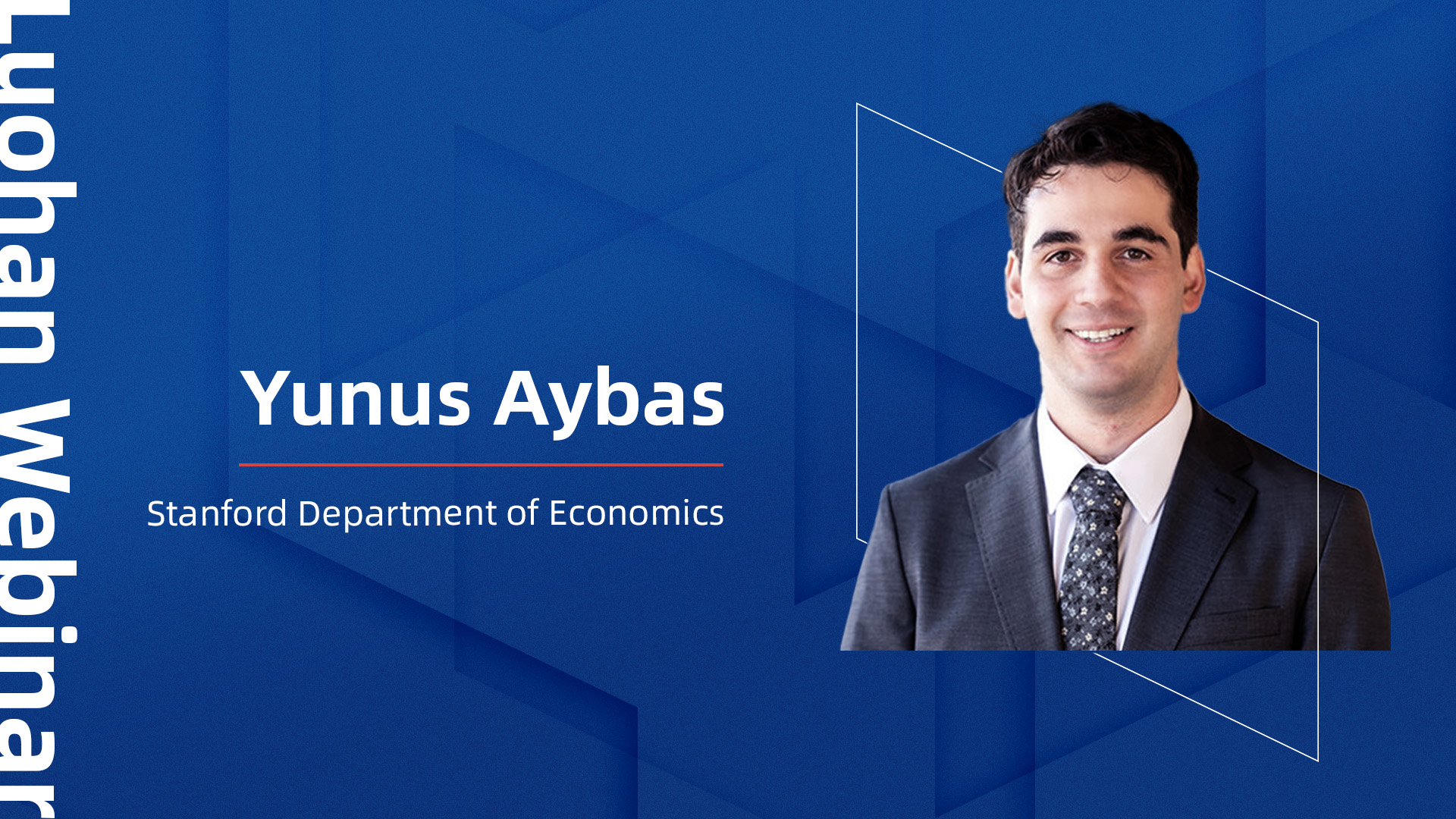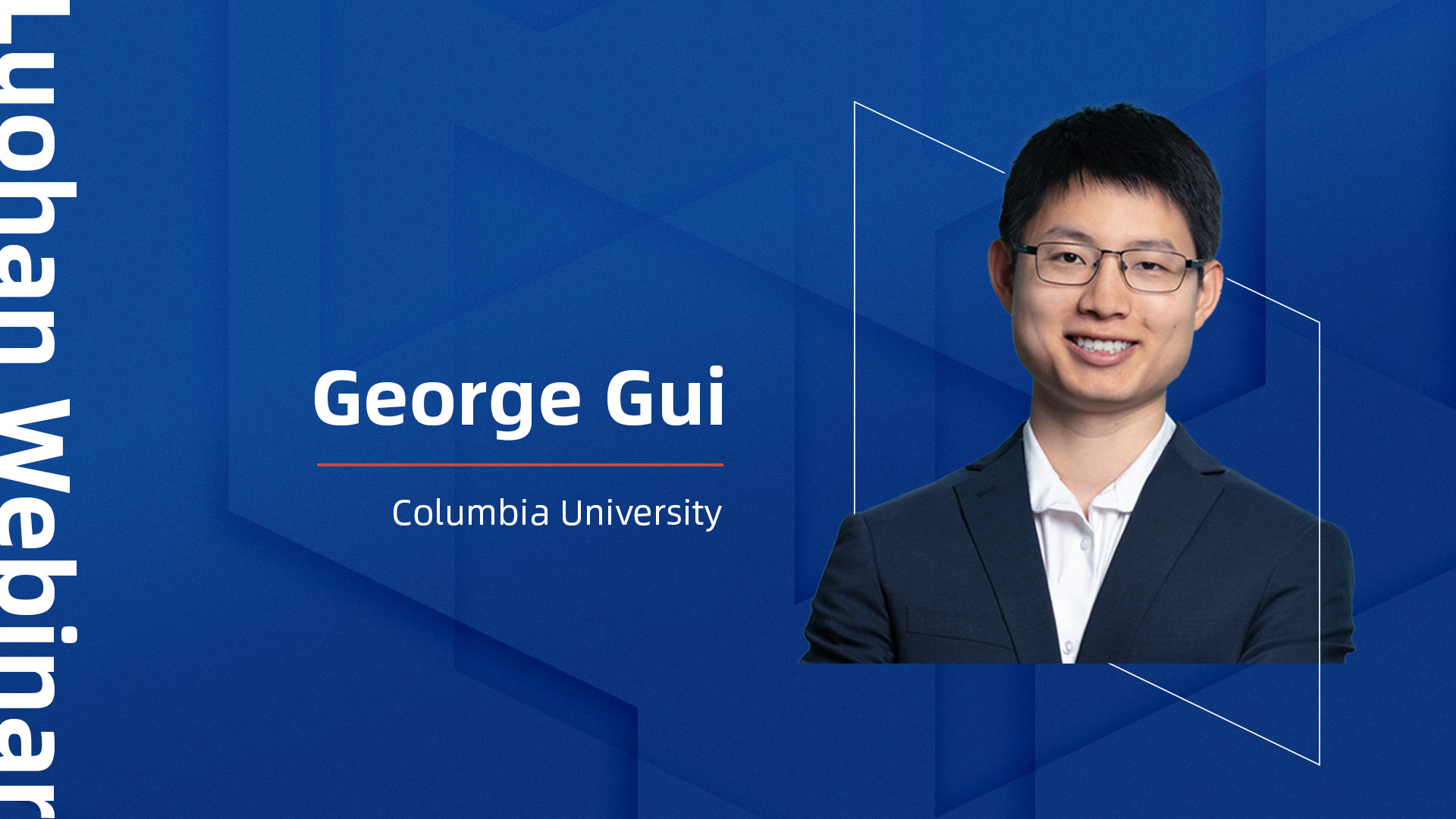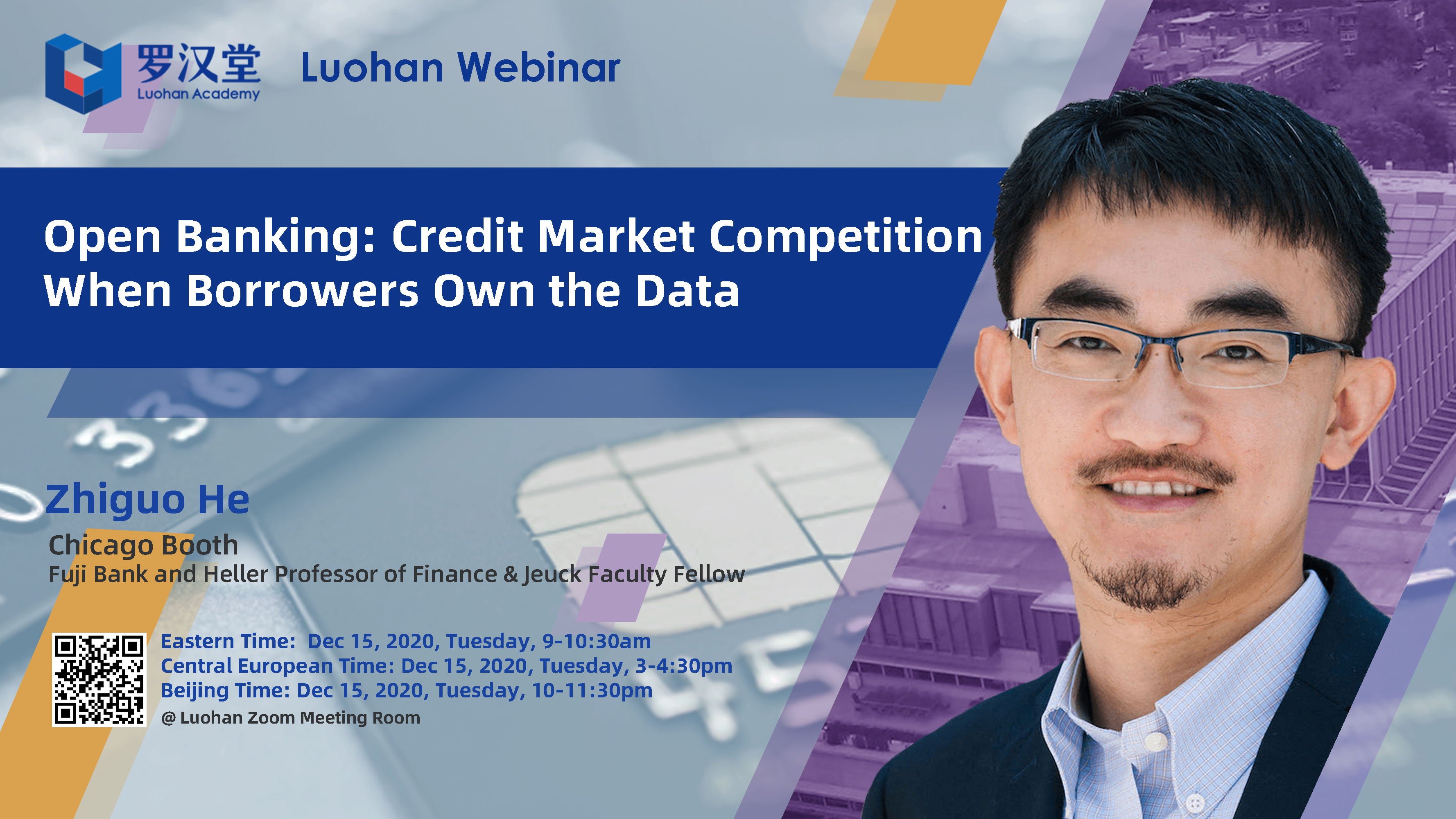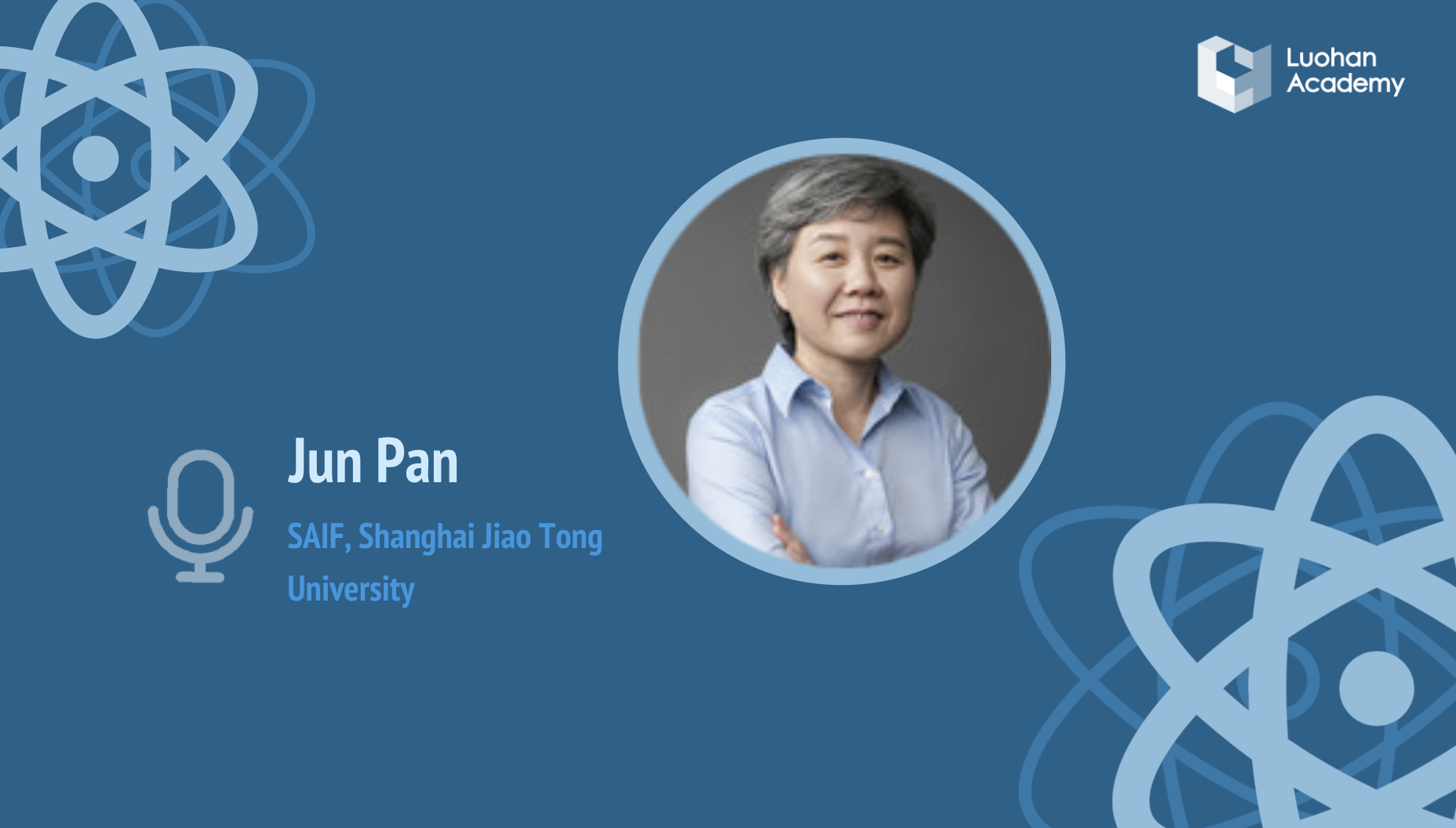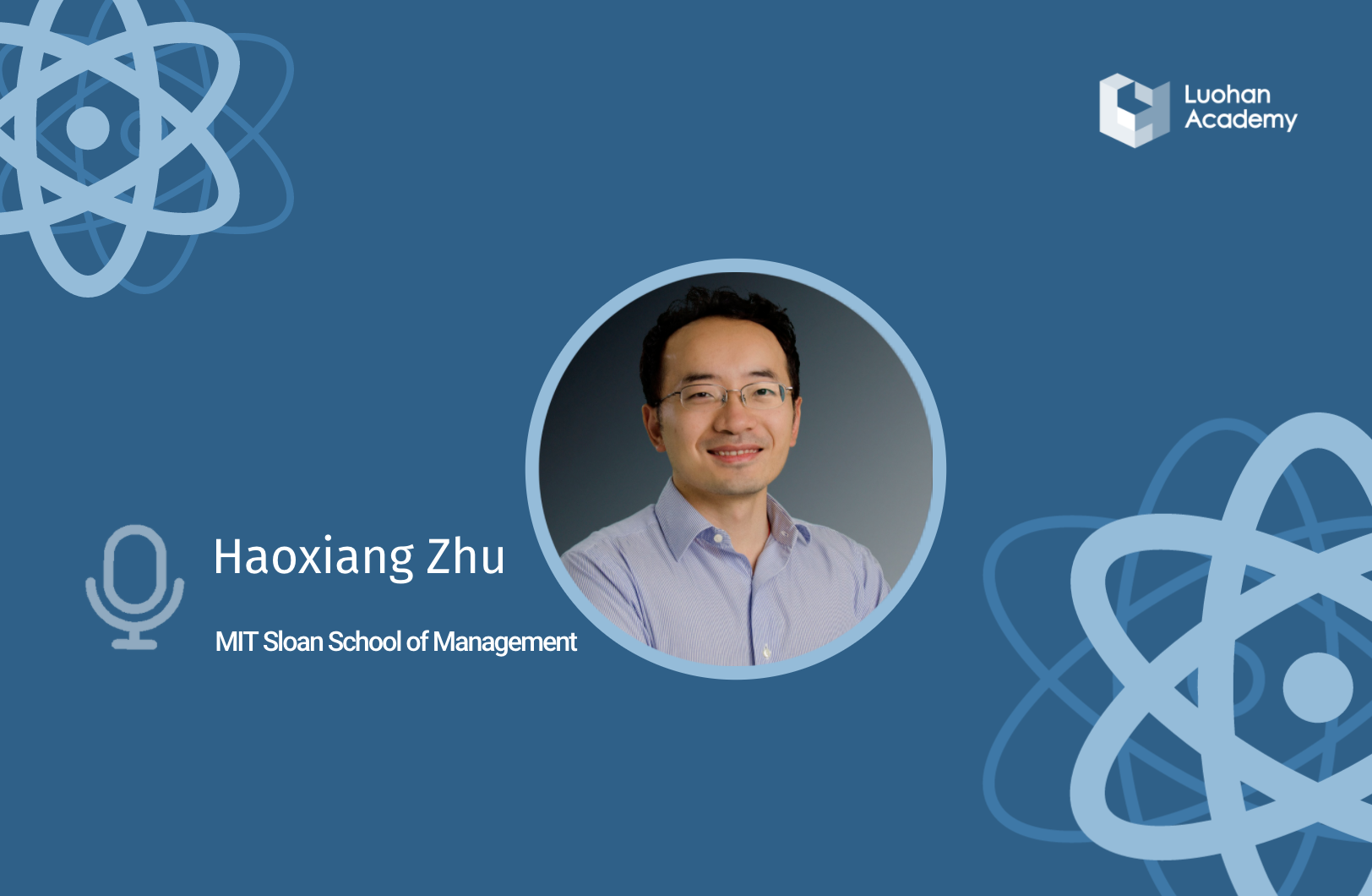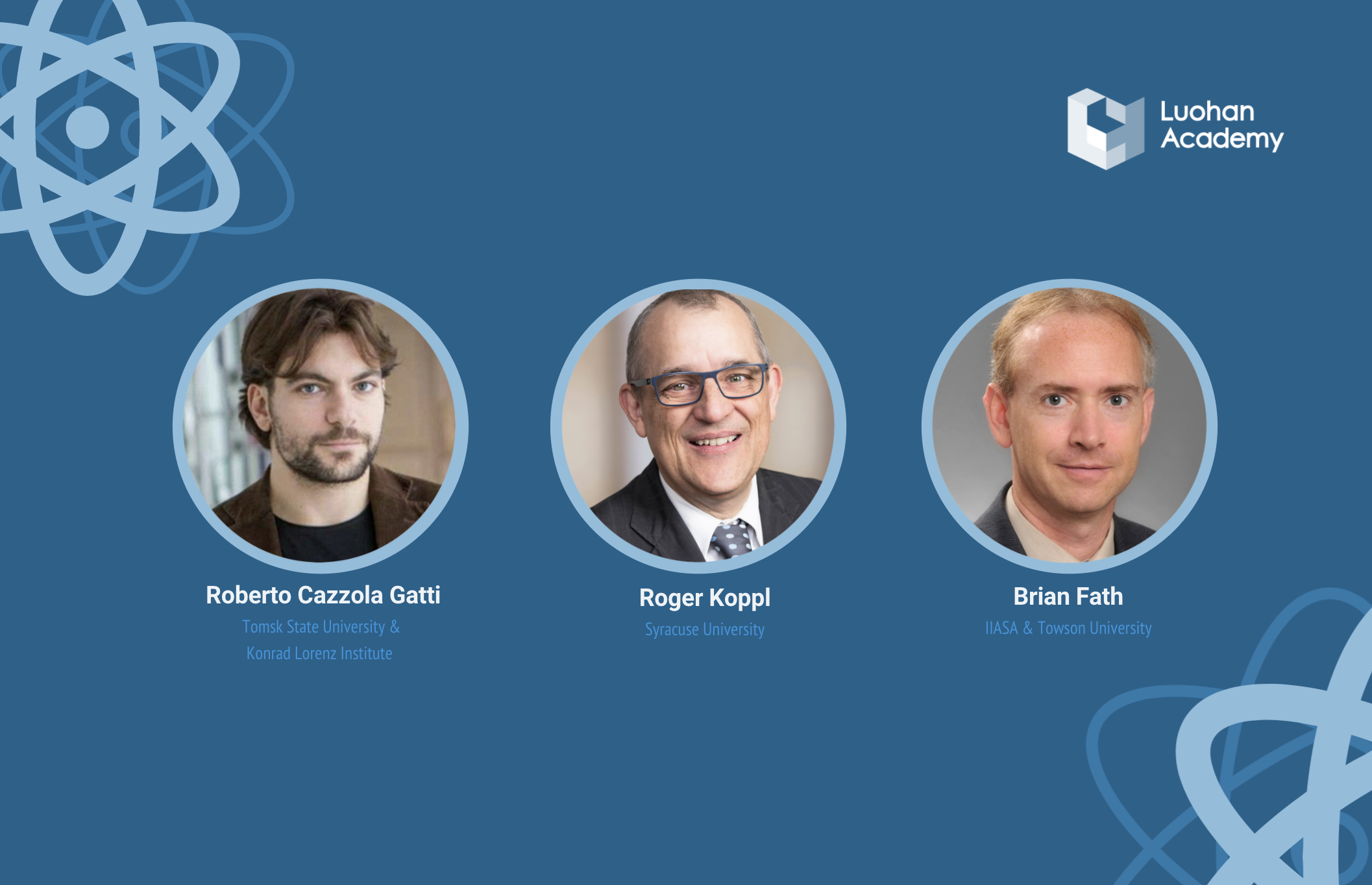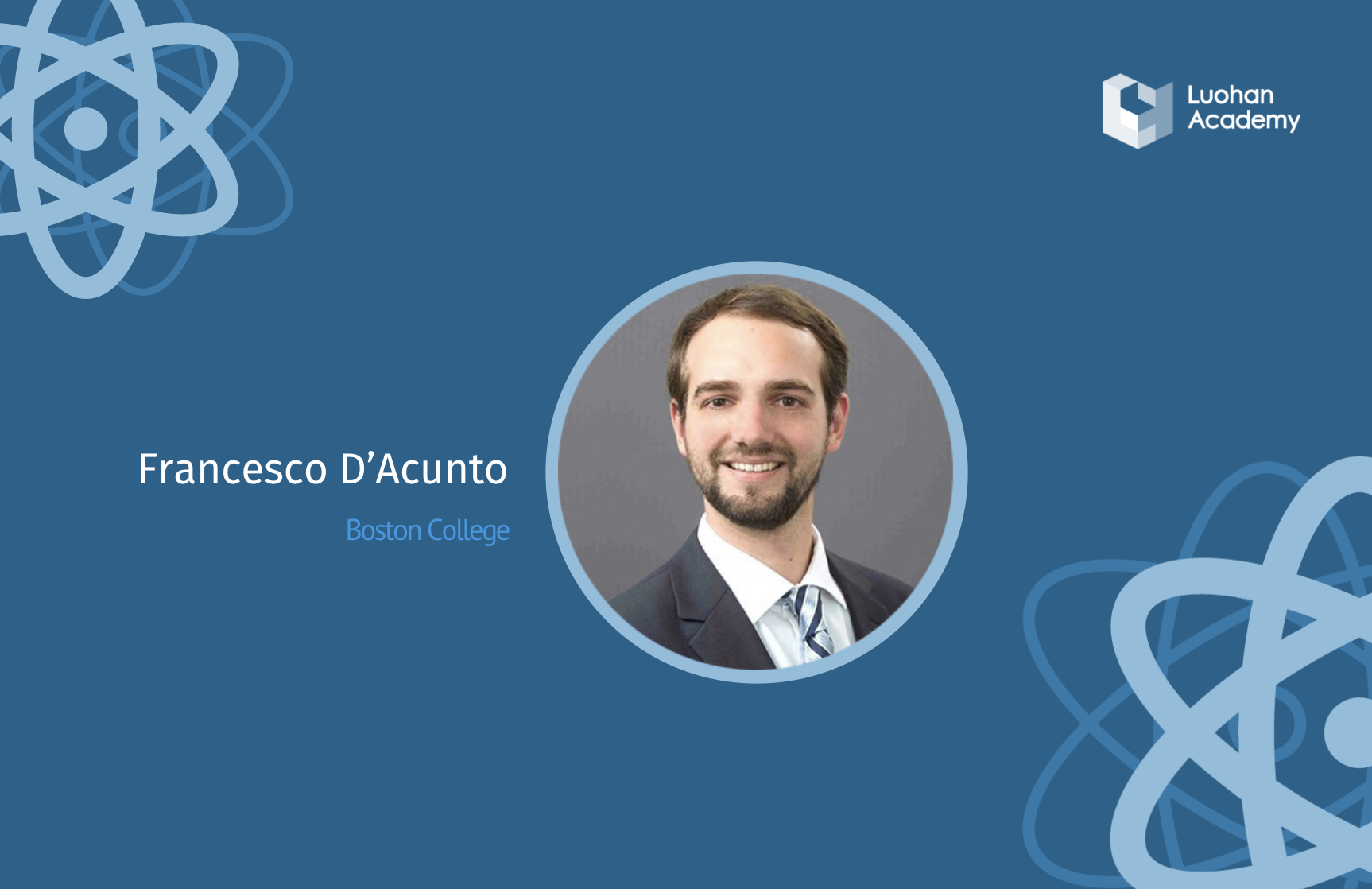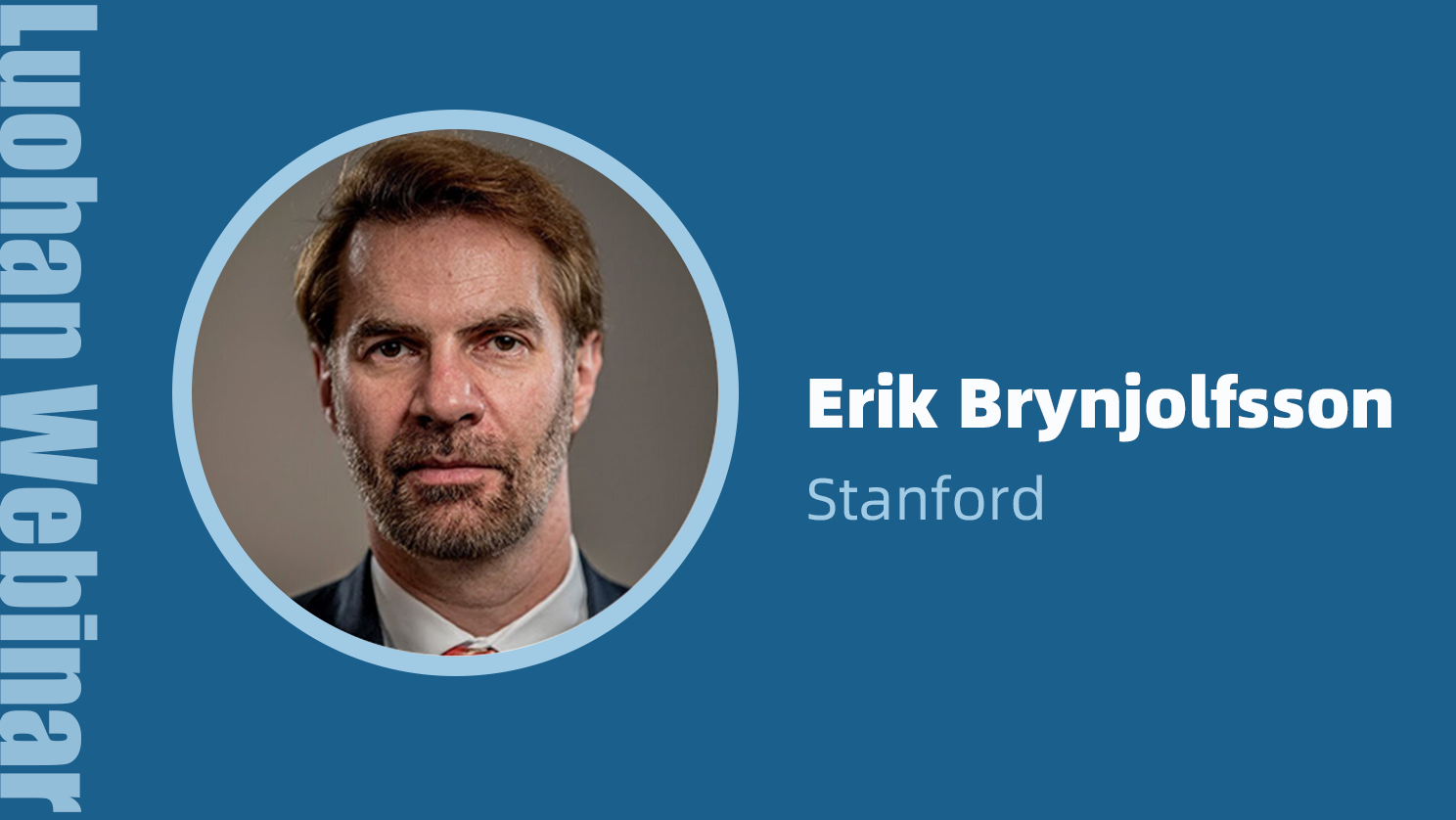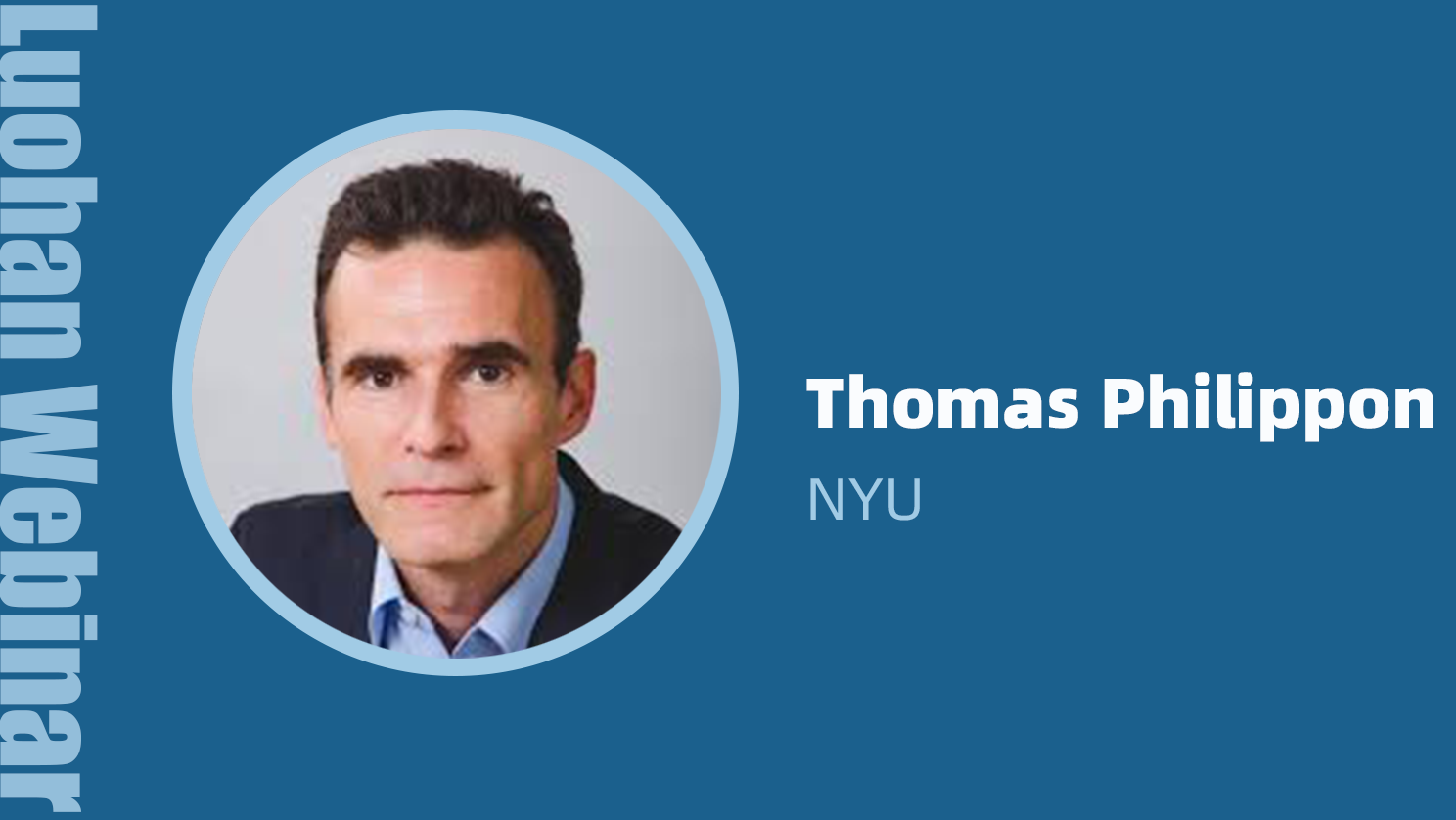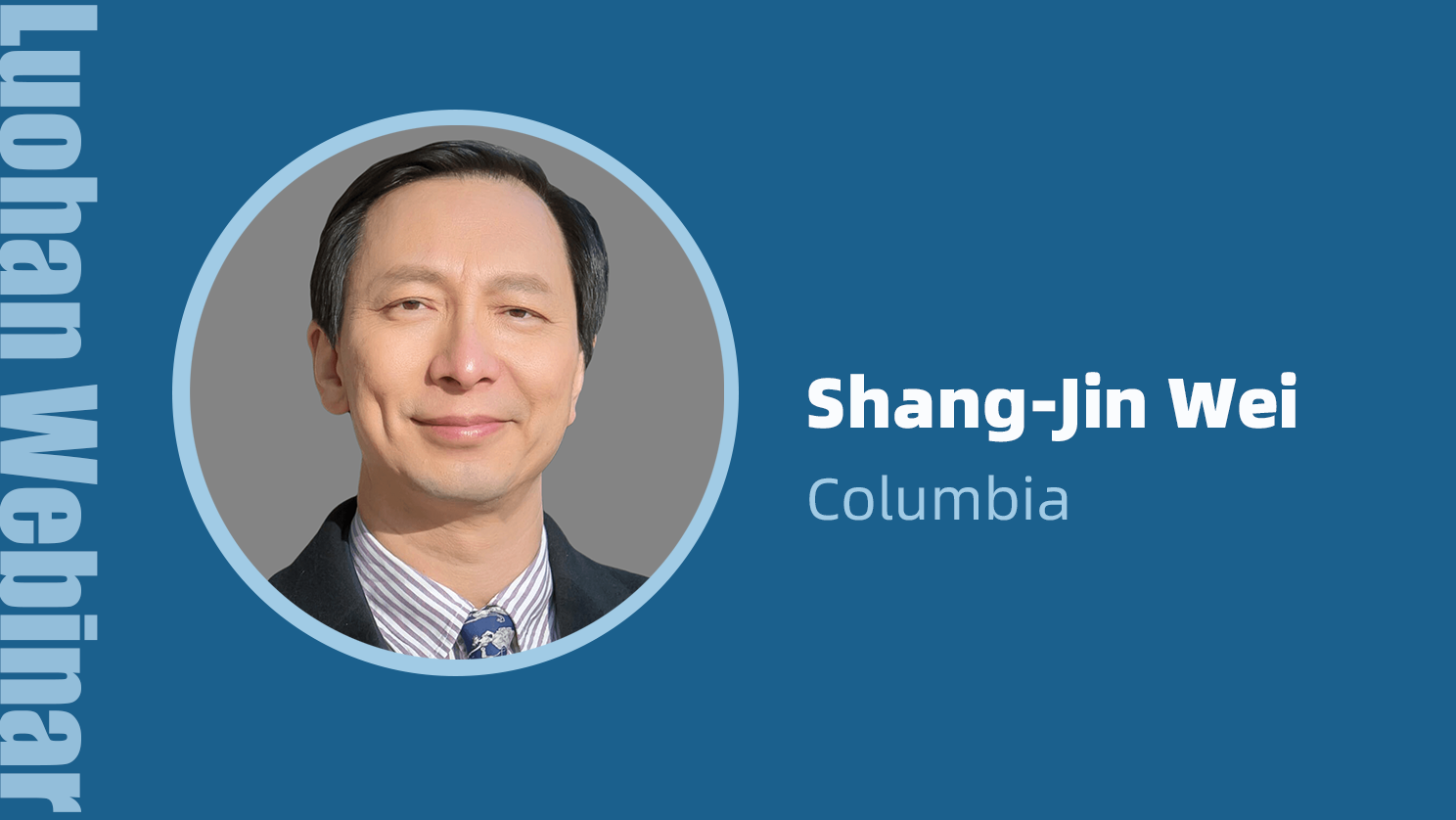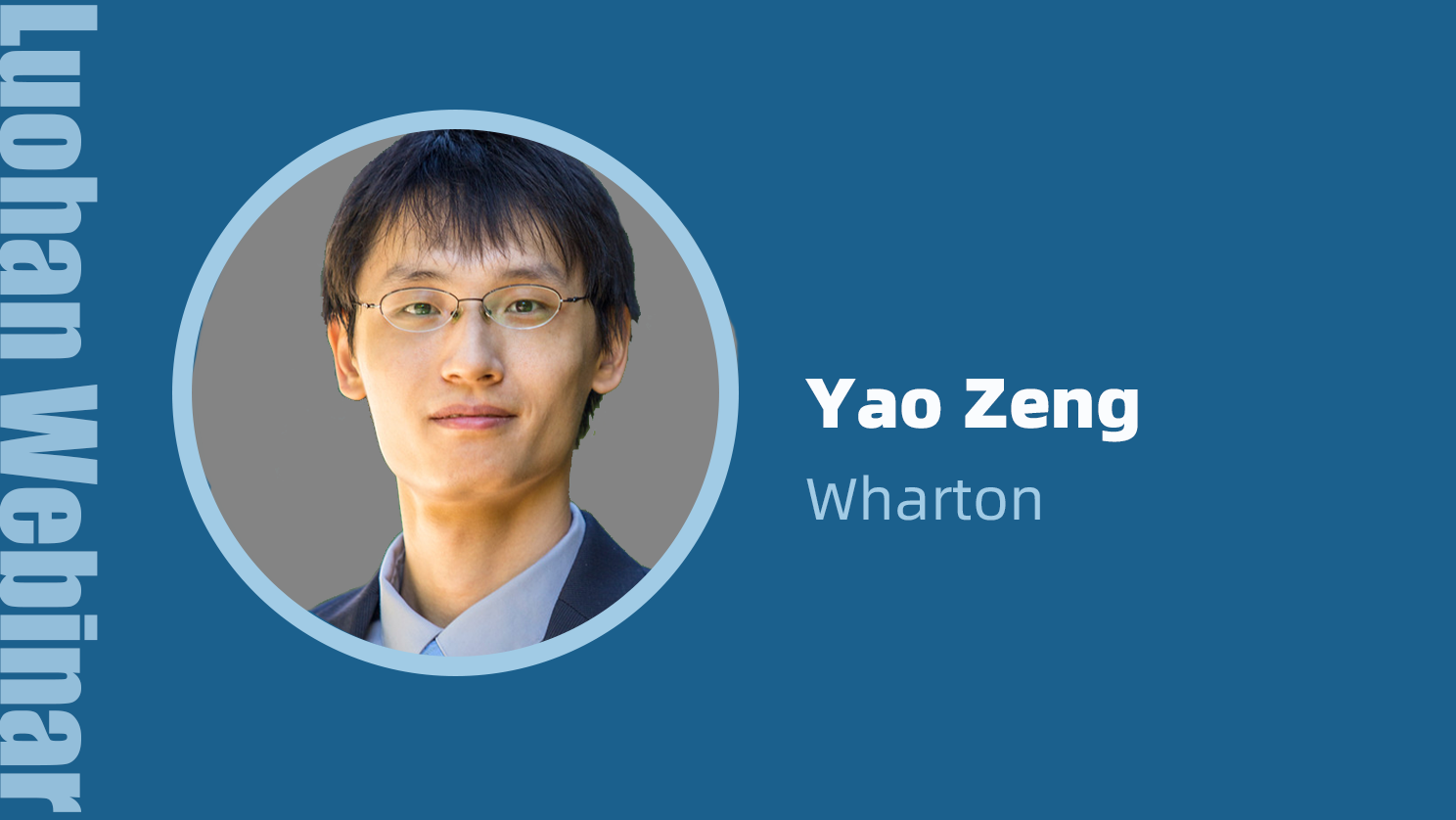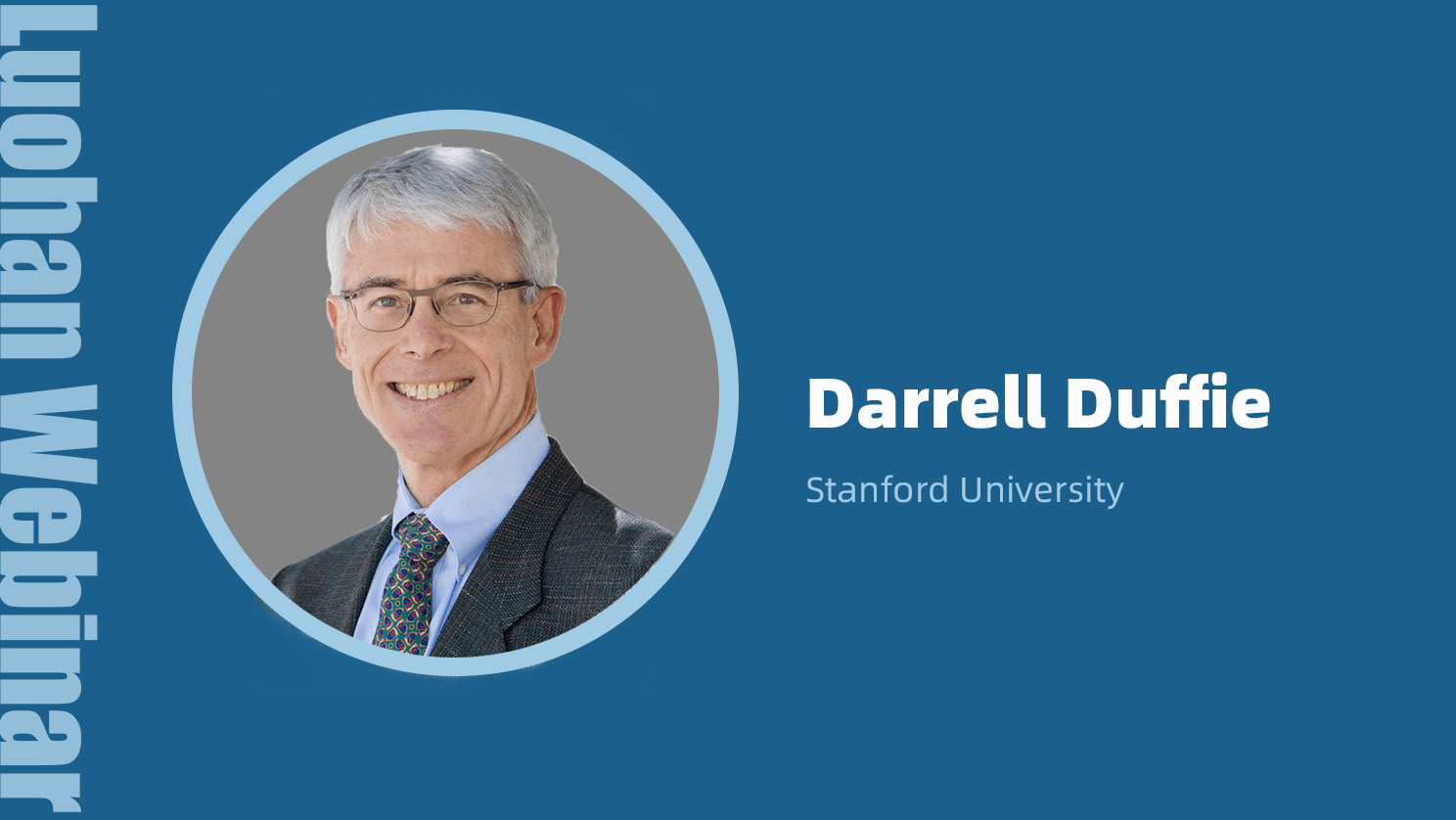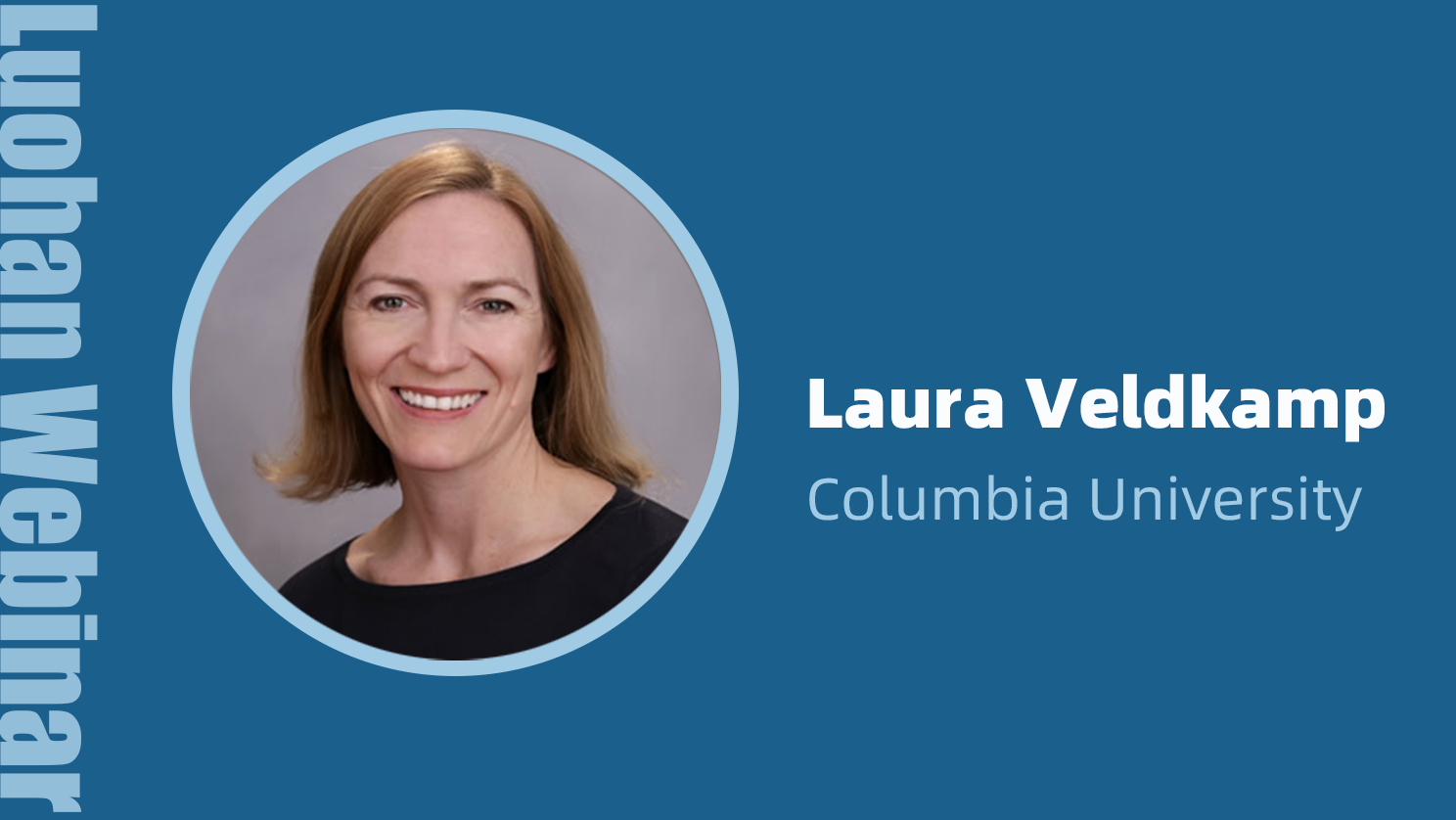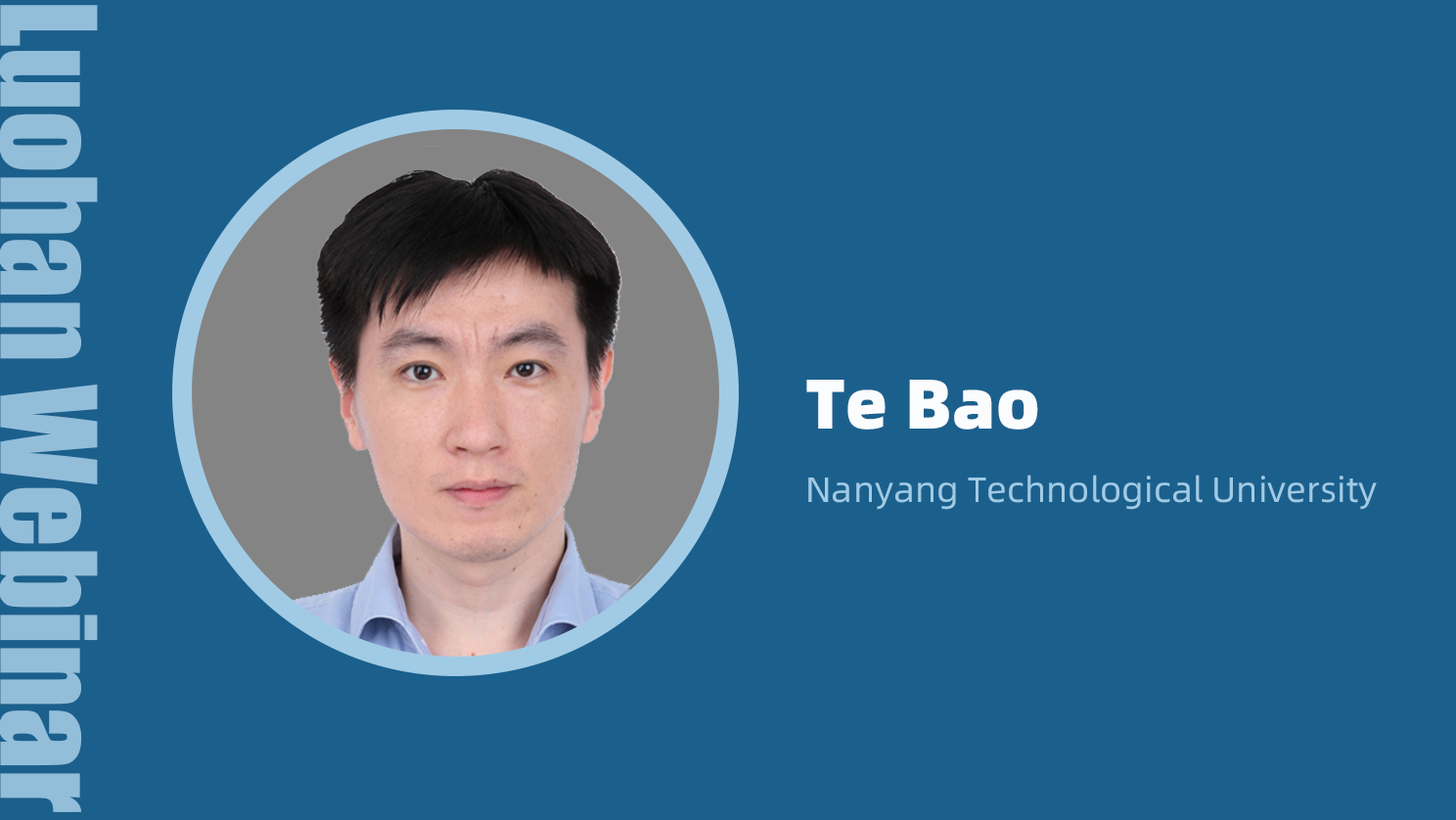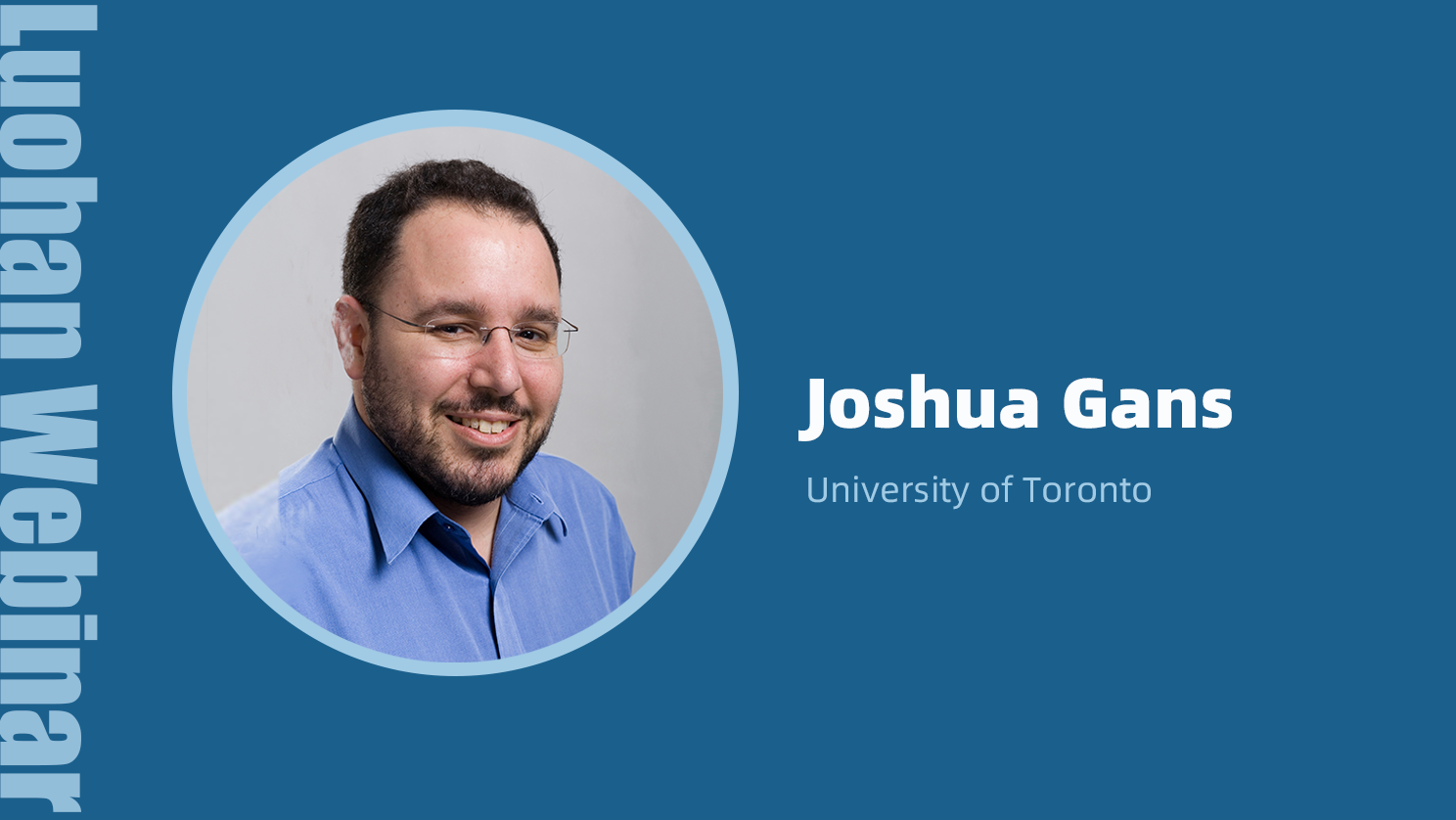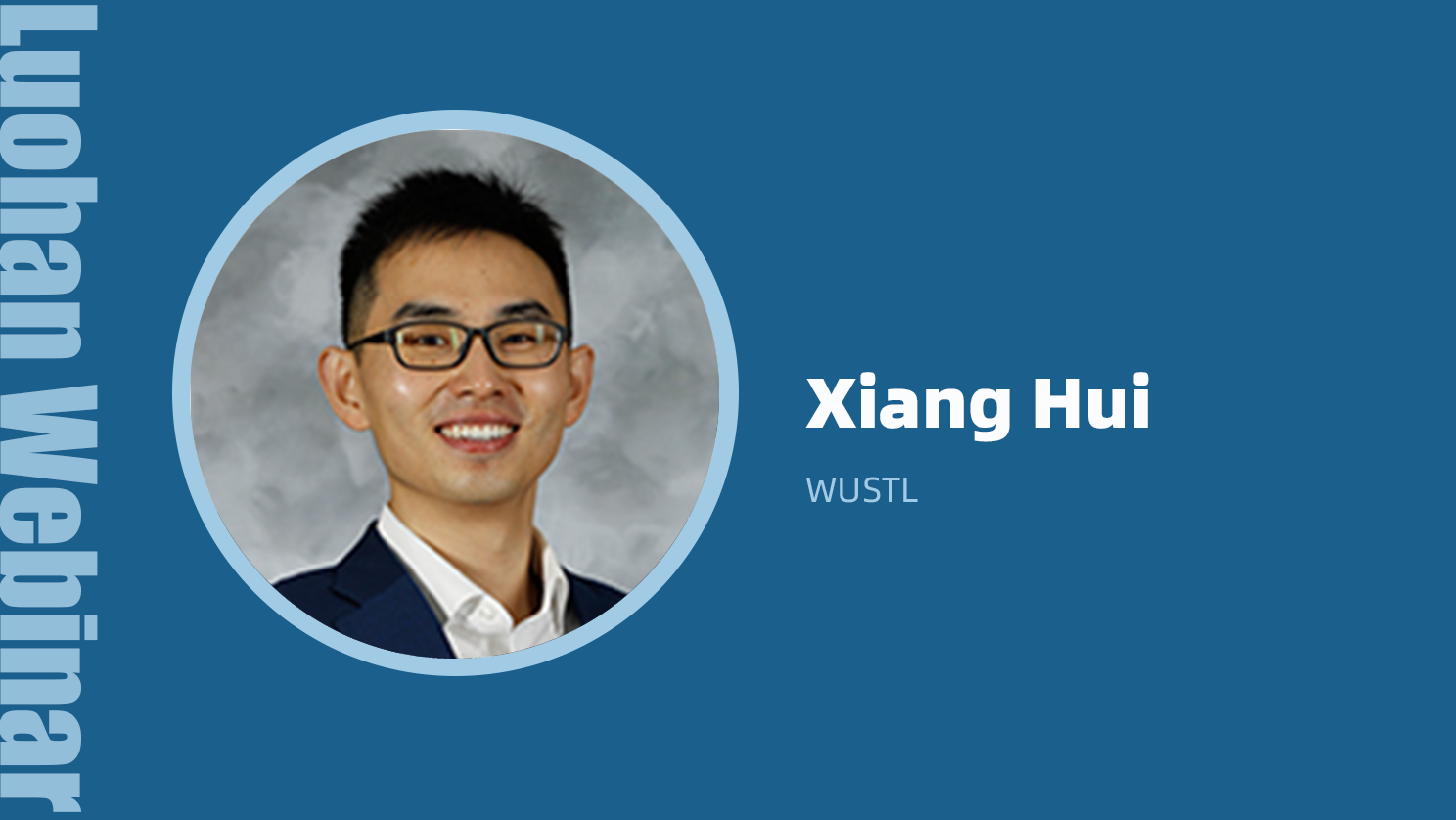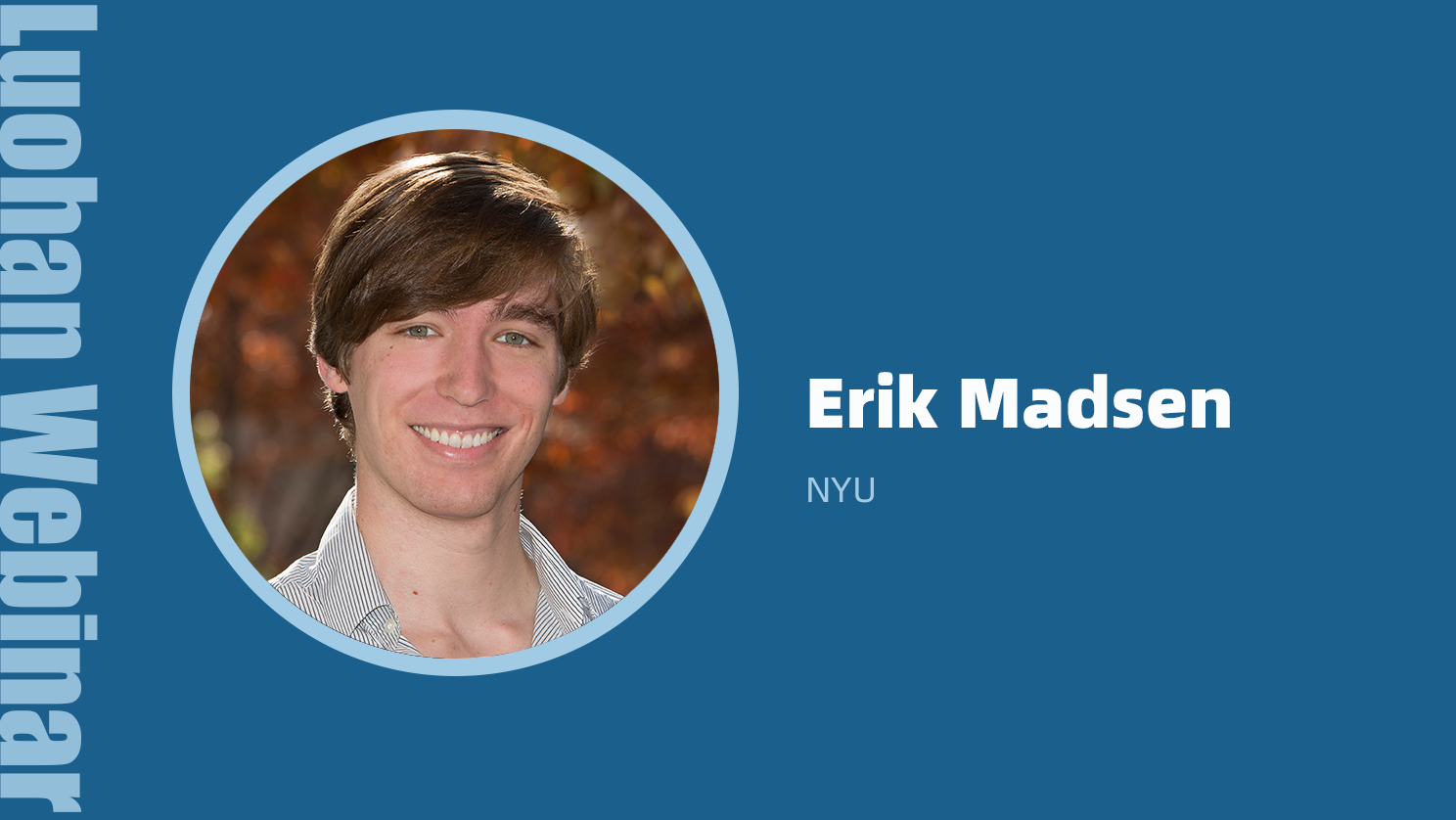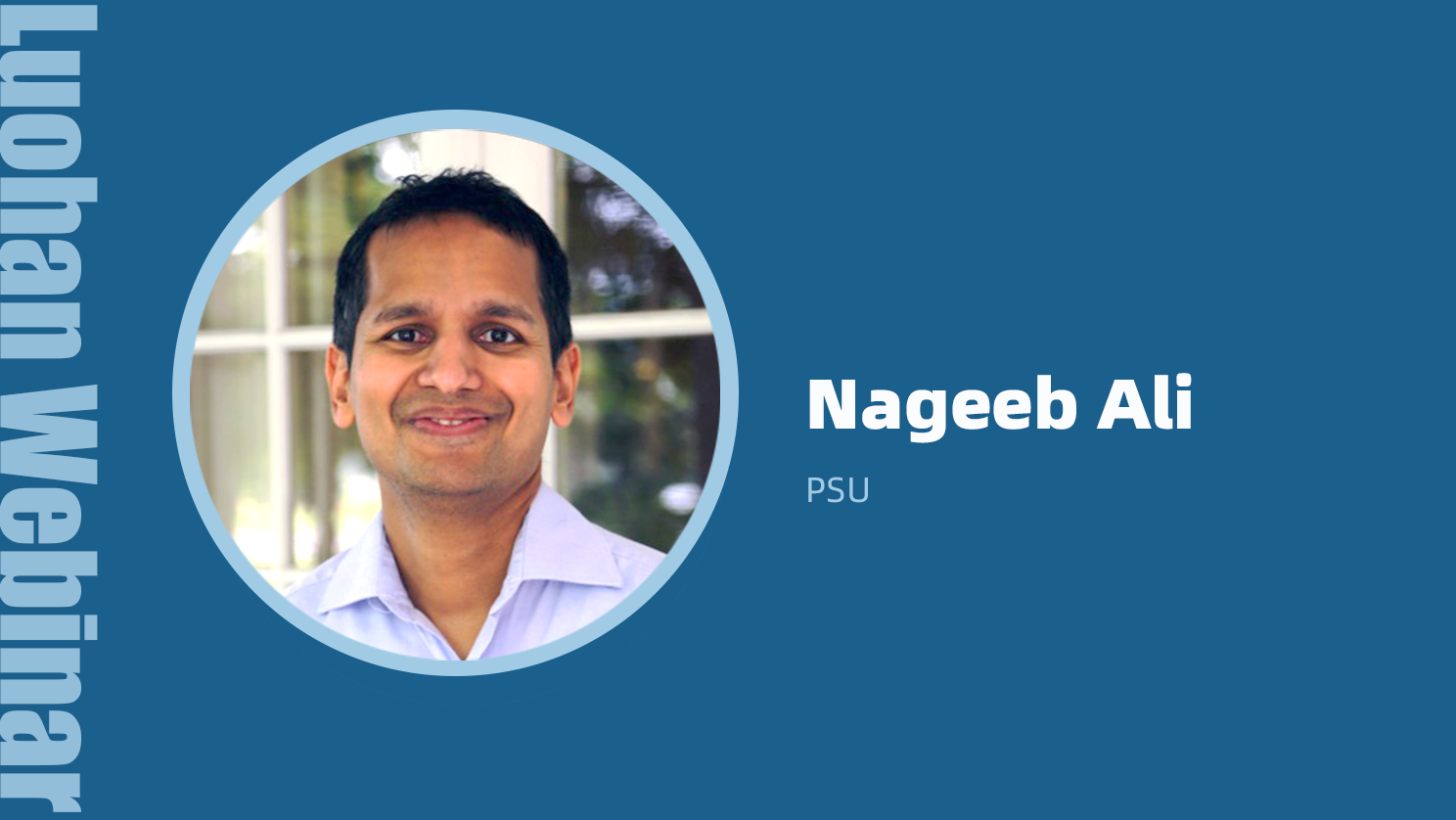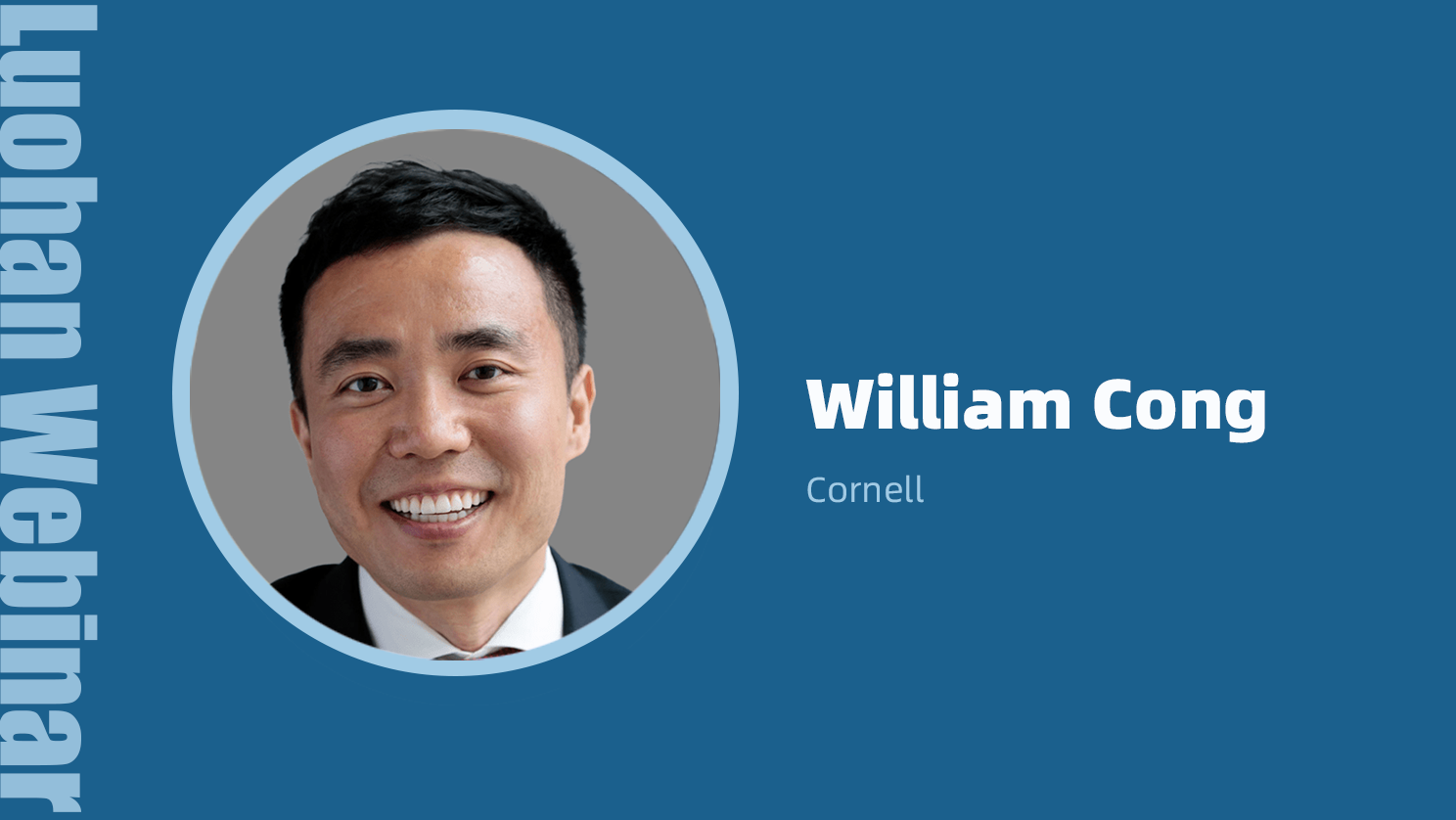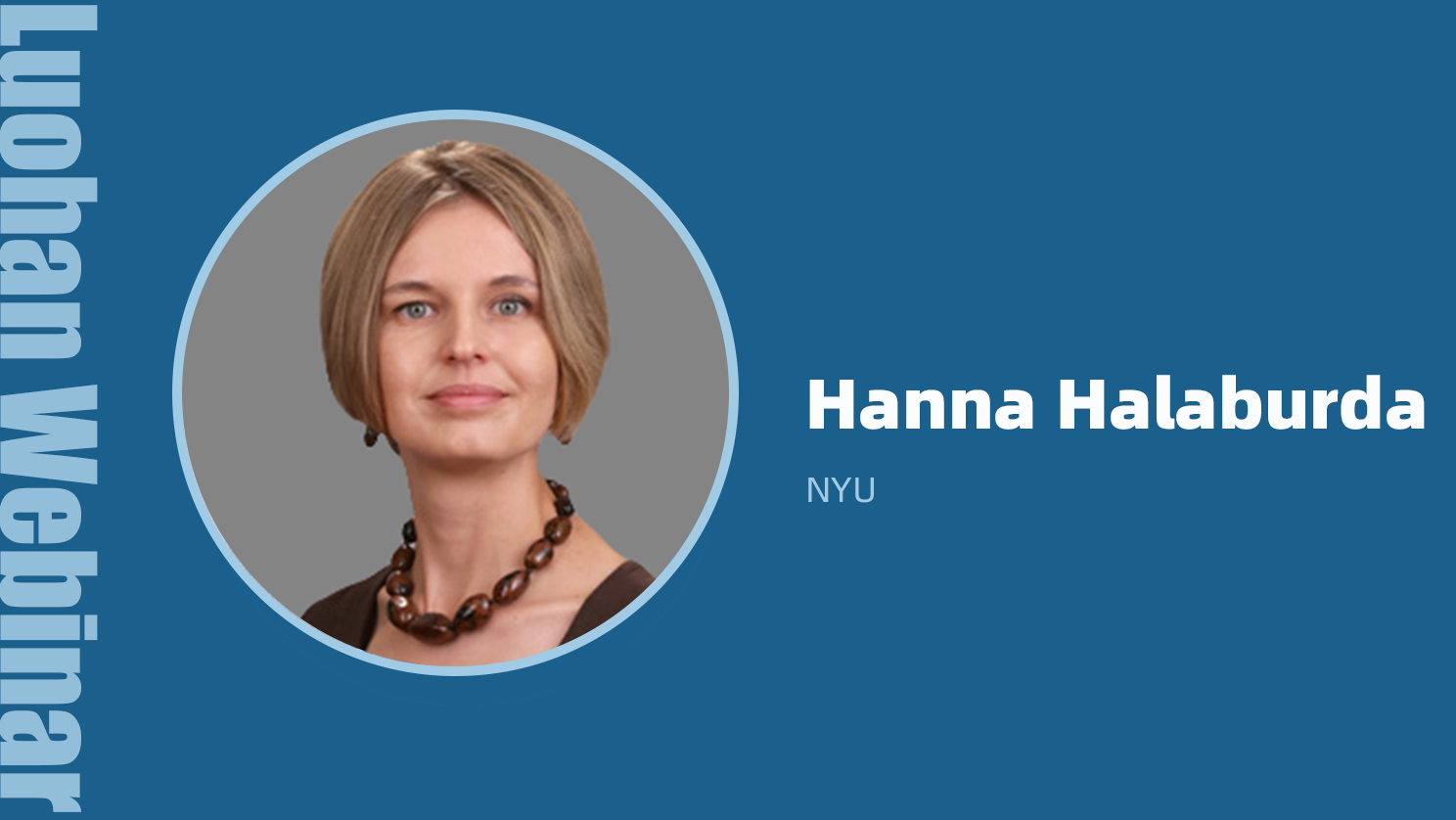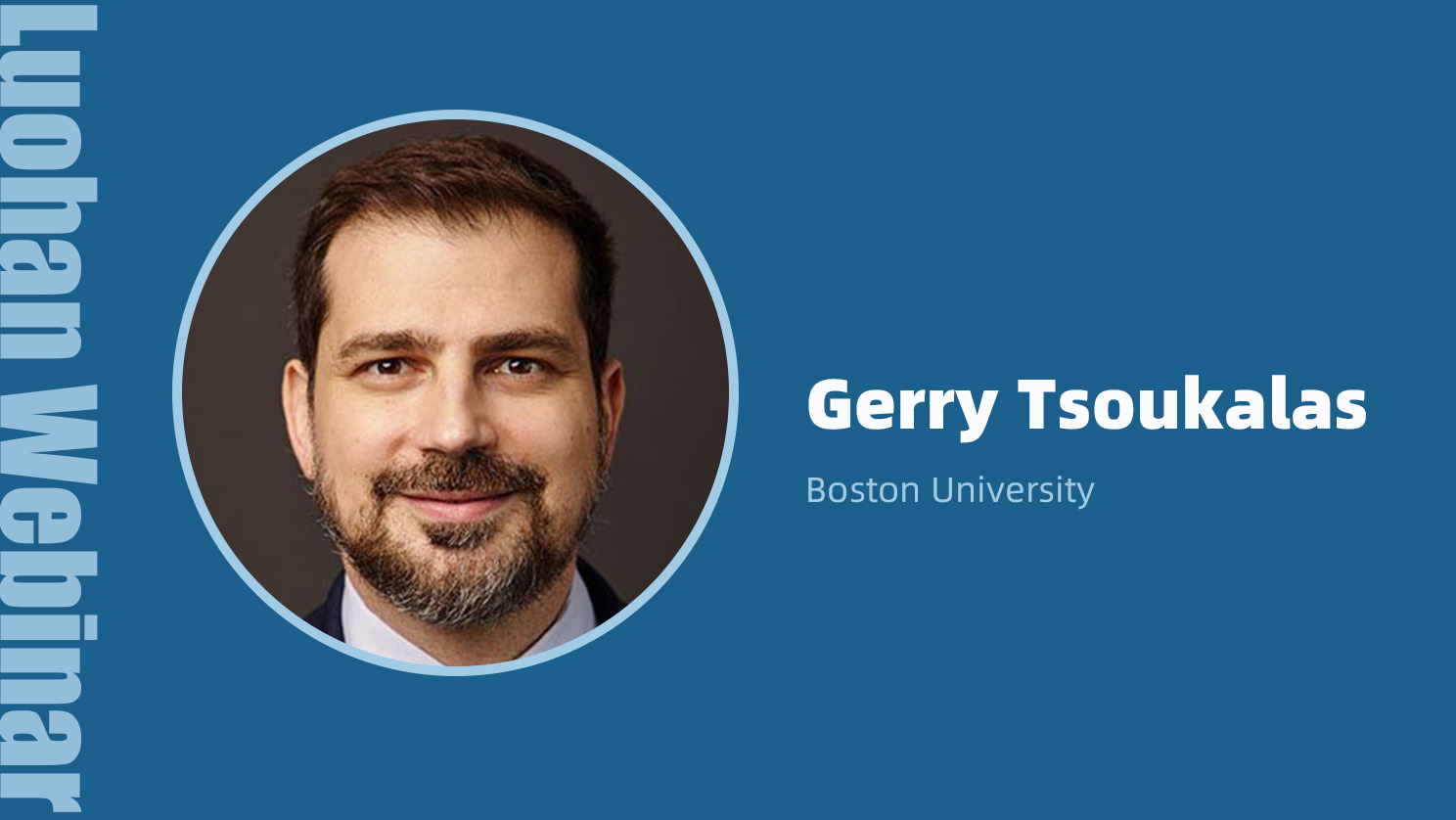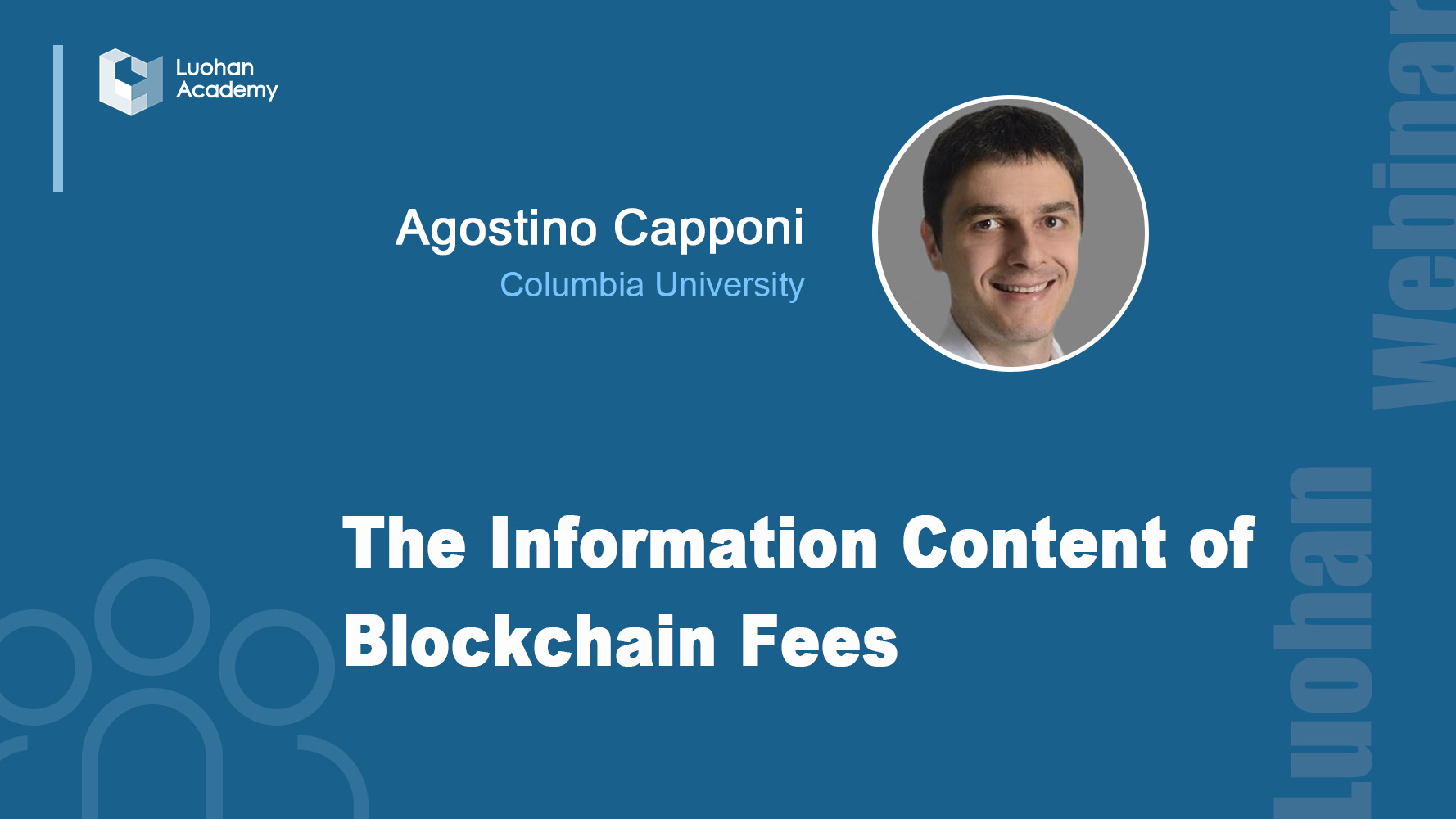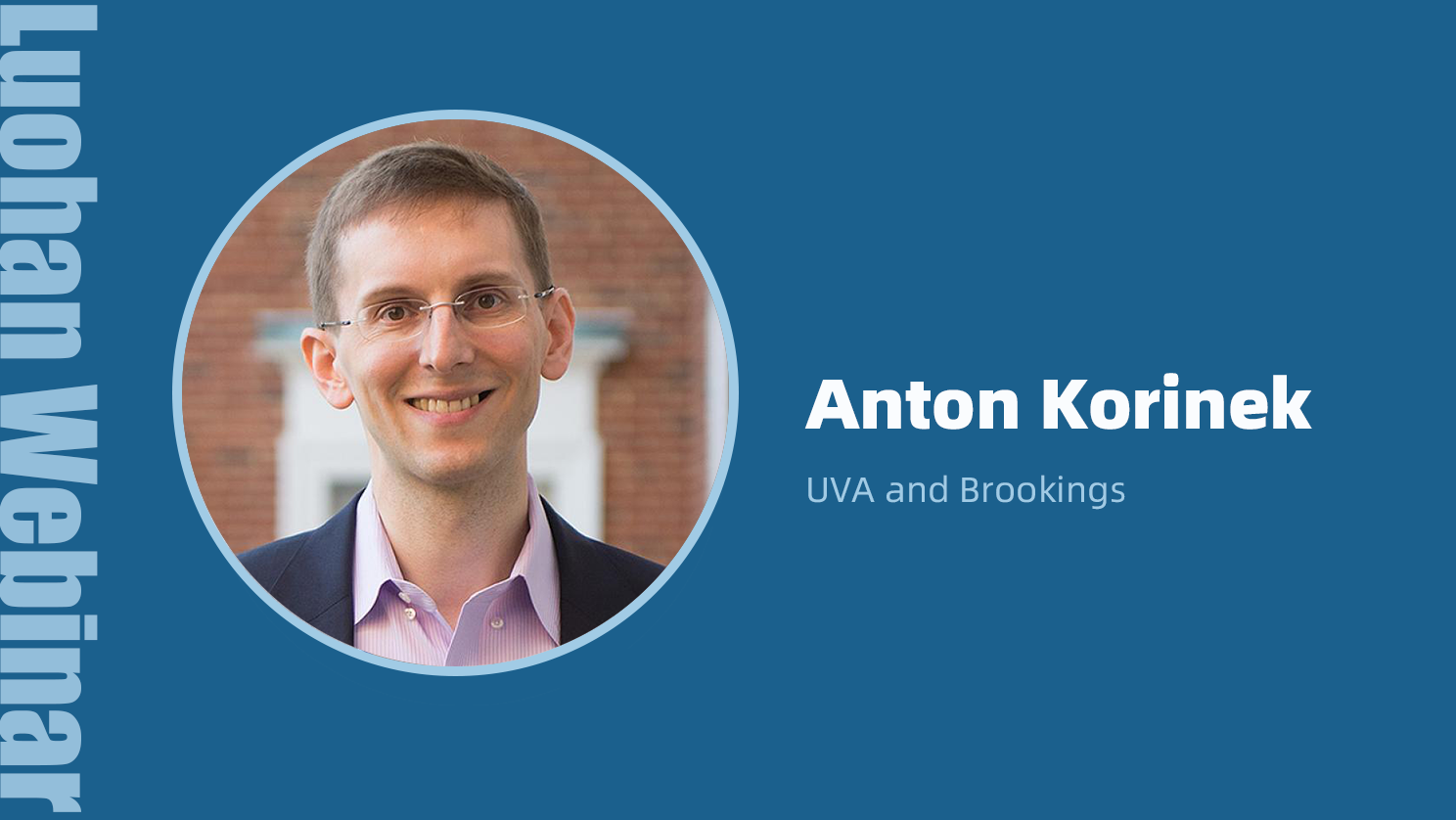Hancheng Cao is currently a postdoctoral
researcher at Microsoft Office of Applied Research and will soon join Emory
University's Goizueta Business School as an Assistant Professor. His research
focuses on computational social science, information systems, and human-AI
interaction, examining how technology influences the future of work. He
completed his PhD in Computer Science (with a minor in management science and
engineering) at Stanford University, Recognized with multiple best paper and
honorable mention awards, Hancheng has published extensively across fields,
including top-tier computer science conferences such as CHI and CSCW, as well
as leading social science journals like the American Sociological Review. His
research has been featured in the New York Times, Wired, Forbes, and other
major media outlets.
Website: http://hanchengcao.me/
Paper 1: https://dl.acm.org/doi/abs/10.1145/3411764.3445243
Paper 2: https://dl.acm.org/doi/10.1145/3432929
Paper 3: https://ai.nejm.org/doi/full/10.1056/AIoa2400196
Abstract
From collaborative software to
generative AI, computing technologies are redefining the way we work,
communicate, and collaborate. Yet, with the growing complexities of computing
platforms, it becomes increasingly challenging to foresee their impacts on
human behavior, leading to not only poor user experiences but also problematic
applications that mirror and amplify societal issues. How can we better
understand machine behavior and machine-mediated user behavior across computing
platforms? How can we build applications that align with our needs and values
using emerging computing technologies? My research aims to answer these
questions by developing novel empirical measurements, technical methods, and
designs. In this talk, I will present my work demonstrating this approach in
the context of the future of work, where I have established data-driven,
AI-powered, and human-centered methods to understand, evaluate, and design
computing systems in the workplace. I will present an analysis of remote
meeting experiences through mining millions of meetings, a study on how an AI
algorithm can be built to predict team fractures, and a development and
evaluation study on a generative AI-based scientific feedback system for
researchers. These projects exemplify the opportunities to leverage computation
to better understand, support, and augment work practices.
If you would like to give a presentation in a future webinar, contact our Senior Economist Dr. Wen Chen (wen.chen@luohanacademy.com). For other inquiries, please contact: events@luohanacademy.com.

